By Anastasia Blosser
Students at Toronto Metropolitan University (TMU) held a rally on campus in support of Palestine on Friday.
The demonstration began in front of the Sheldon and Tracy Levy Student Learning Centre (SLC) before connecting with a gathering organized by the Palestinian Youth Movement (PYM) in front of Queen’s Park.
In front of the SLC, speakers led the group through a series of chants and responses. Slogans like “viva viva Palestina” and “Canada is complicit,” were called out on megaphones and echoed by the crowd.
Members of the community, the Palestinian Culture Club and Socialist Fightback —a Marxist student organization—at TMU gave speeches in front of a backdrop of banners.
Dalia*, a member of the PYM, estimated that approximately 1000 attendees appeared in front of the Ontario Legislative Building to send a message to the provincial government.
She said the organization is demanding an arms embargo on Israel, an end to the siege on Gaza and an opportunity to deliver humanitarian aid to Gaza.
Dalia said students should be commended for organizing the rally.
“At a moment in time where oppression is really high, people are being scared into silence when it comes to Palestine,” she said. “It’s great to see students coming out in such large numbers and taking a very clear, principled stance.”
Hanna*, a social work student and member of Socialist Fightback at TMU, said the group played a role in organizing students for the rally on campus.
She said they saw the PYM call for a day-long strike on Oct. 20 and began distributing posters and sharing social media posts to inform students.
Hanna said the entire event was organized in two days and estimated several hundred in attendance. She said it’s important to show support during this time of international turmoil.
“We stand with the people of Palestine for the struggle of liberation and to get back their homeland,” she said.
After an hour, Hanna said the group of students began walking towards Queen’s Park to join the other demonstrations happening across the city.
At Queen’s Park, demonstrators held signs which read “free Palestine in our lifetime,” while urging politicians to demand a ceasefire against civilians in Gaza.
Later in the evening, some rally participants stepped away to perform Asr—a prayer observed by some members of the Muslim community towards the end of the day.
Hanna said it was amazing to see the solidarity amongst young adults. “To see so many different groups and people there, of all types, all political backgrounds and beliefs was truly moving. Because only together can we bring justice.”
She said people are hurt by what they’re seeing happen overseas and are channeling it through anger against governments and institutionalized oppression.
Hanna also said this movement will not stop until justice has been achieved. “Students need to continue to organize. They need to continue calling out imperialism and capitalism at home. They need to continue going to these events [and] educating themselves.”
Chandni Desai is an academic familiar with Palestinian history and was one of the speakers at the Queen’s Park rally. To her, it’s important to recognize that the conflict did not start this month.
“Everybody thinks this started on Oct. 7 [but] this is not about that day. This is about 75 years of a particular history,” she said in an interview with The Eyeopener.
According to Amnesty International, for more than 70 years, the State of Israel has been forcibly displacing entire Palestinian communities. During this time, hundreds of thousands of Palestinians’ homes have been demolished, causing terrible trauma & suffering, as stated by the organization.
Desai said to understand what’s going on, the people involved and affected must be humanized.
“If we can’t talk about this, we could have a genocide coming”
She said she wants media outlets to recognize that the United Nations, Amnesty International and Human Rights Watch have all called Israel an apartheid state.
Apartheid is a form of racial segregation that deprives a certain group of their political or civil rights, according to the Legal Information Institute. It is a punishable crime against humanity, according to article 7 of the Rome Statute of the International Criminal Court.
To Desai, the function of higher education is to open conversations and foster educated debates. She said that when universities respond severely, they go against their purpose.
“When you see repression, punishment, people losing jobs…it’s a national kind of punishment that people are really scared of,” she said. “How can they have dialogues about this in a way that is not going to get disrupted or perceived as support for terrorism?”
Desai said the fundamental obstacle in beginning conversations is the conflation of critique of the State of Israel with anti-semitism.
“If we stand up and speak up against what the Israeli government is doing to the Palestinian people, then all of a sudden everyone is anti-semitic,” she said.
Desai said that it’s crucial for individuals to educate themselves and encourage meaningful discussions before it’s too late.
“This is one of the most important human rights issues of our time,” Desai said. “If we can’t talk about this, we could have a genocide coming.”
*Some last names have been omitted to protect the safety of sources.


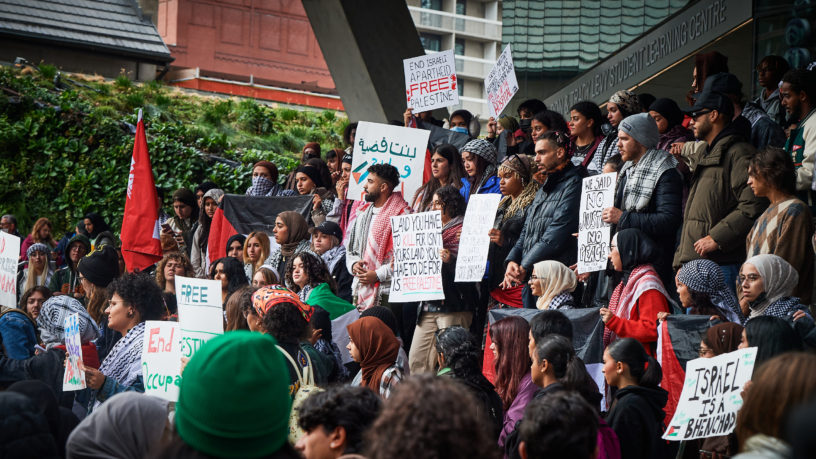
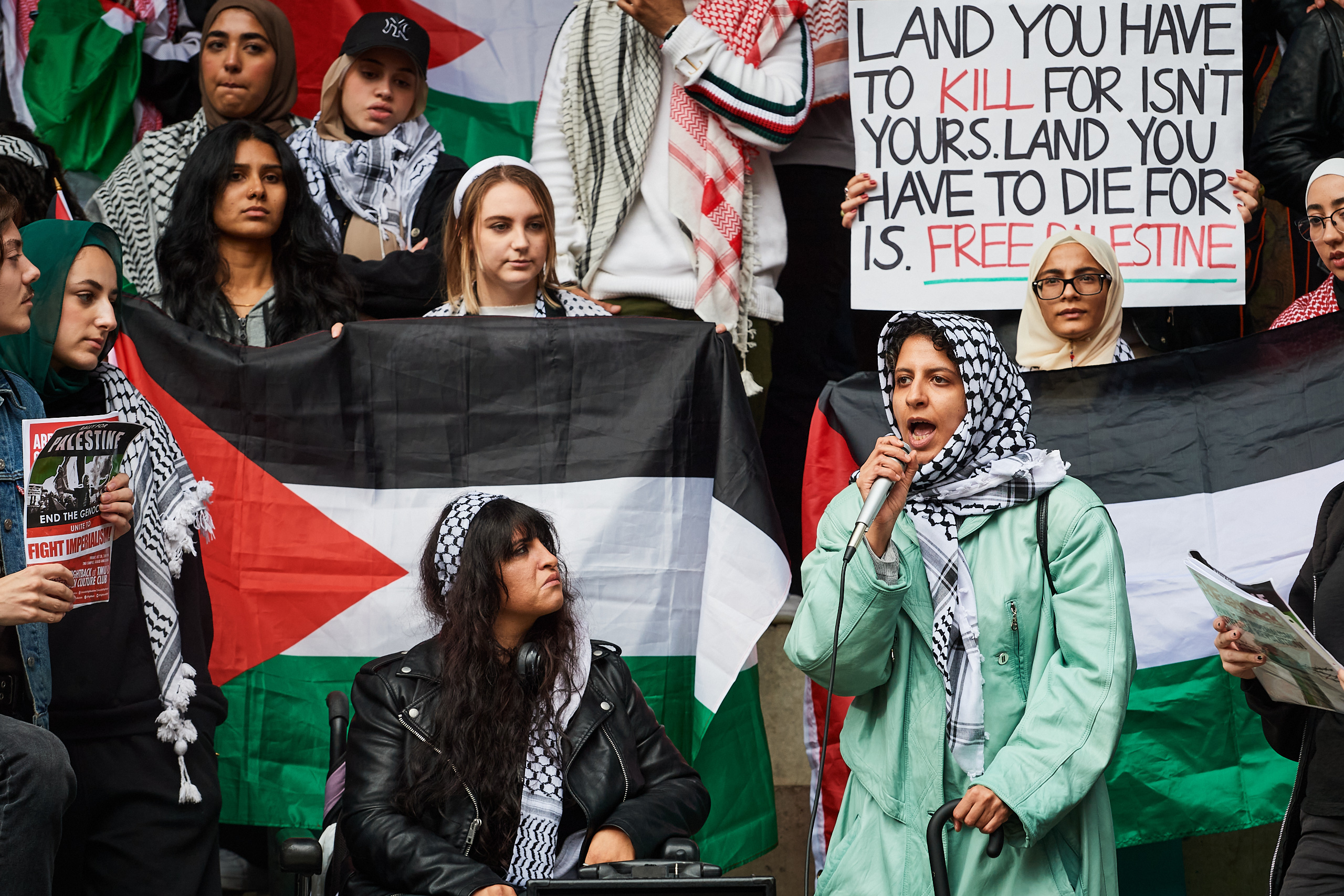
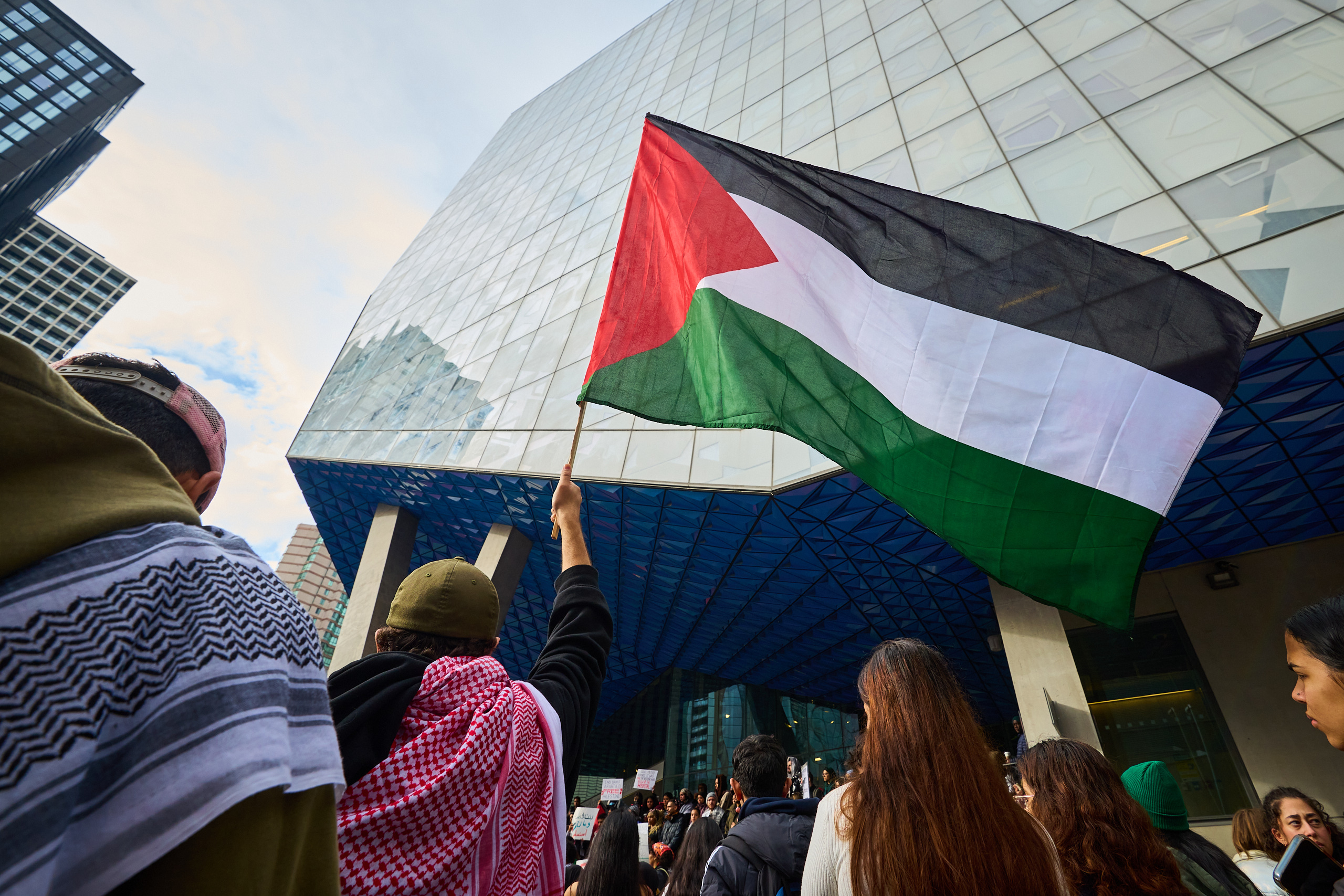
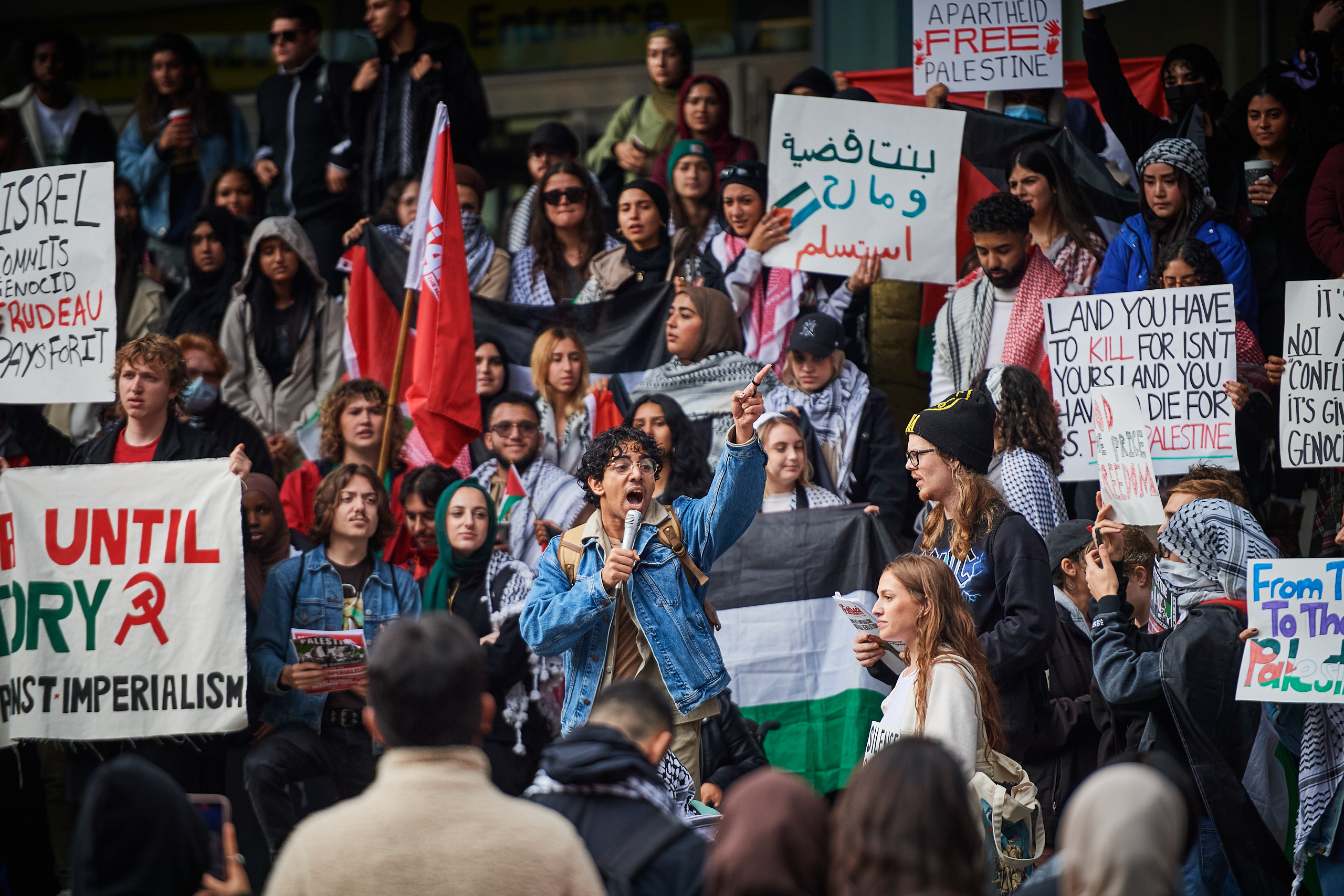
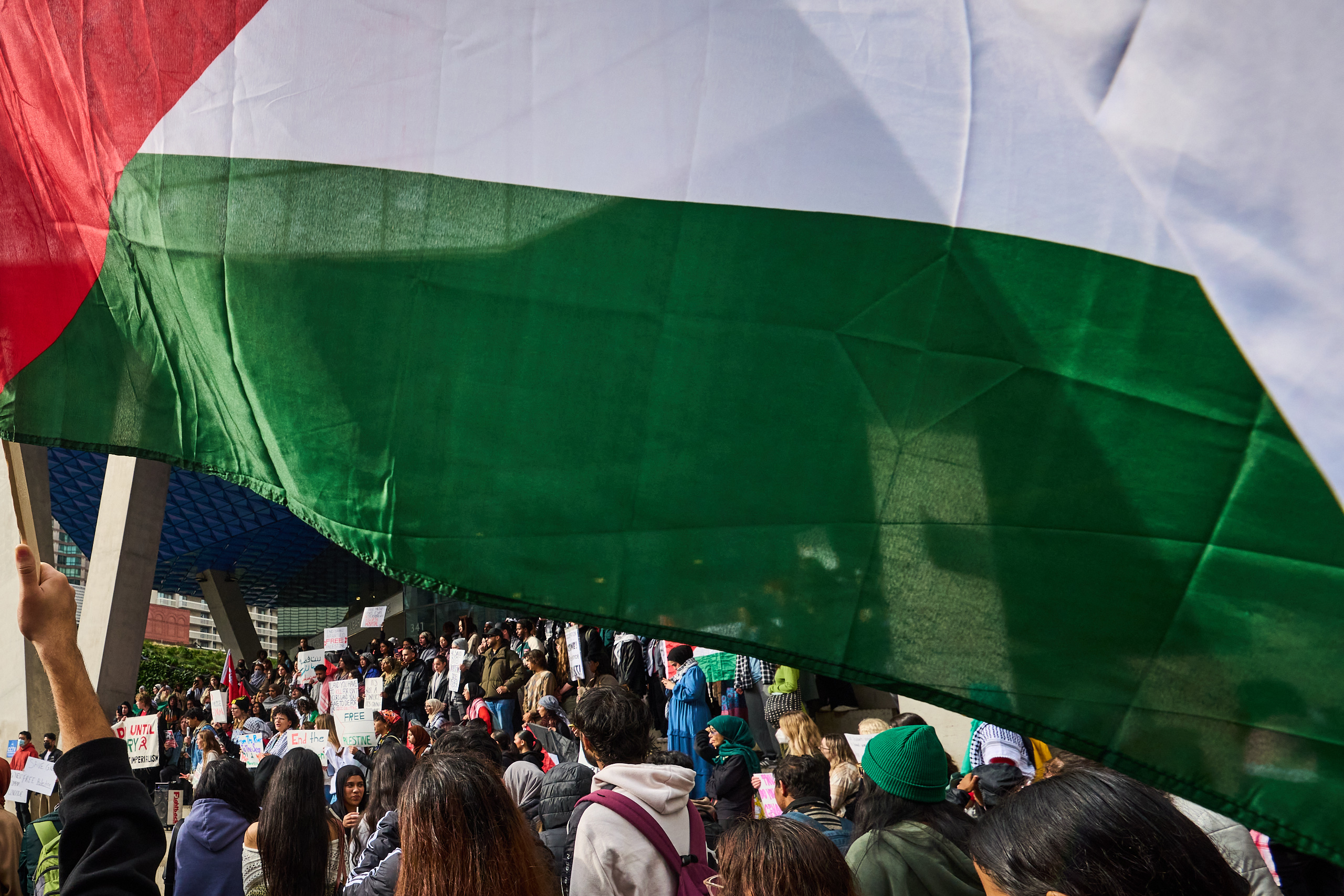
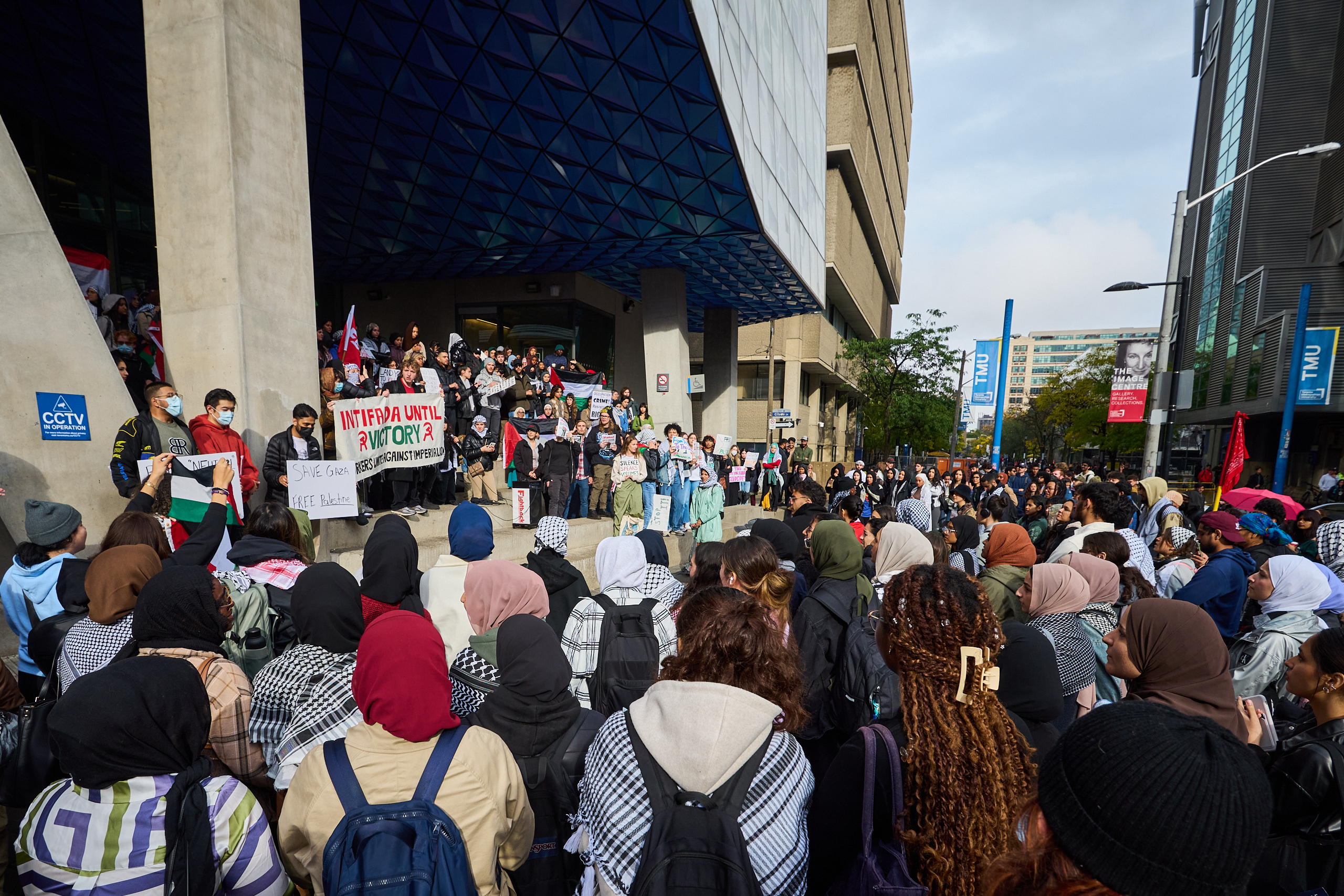
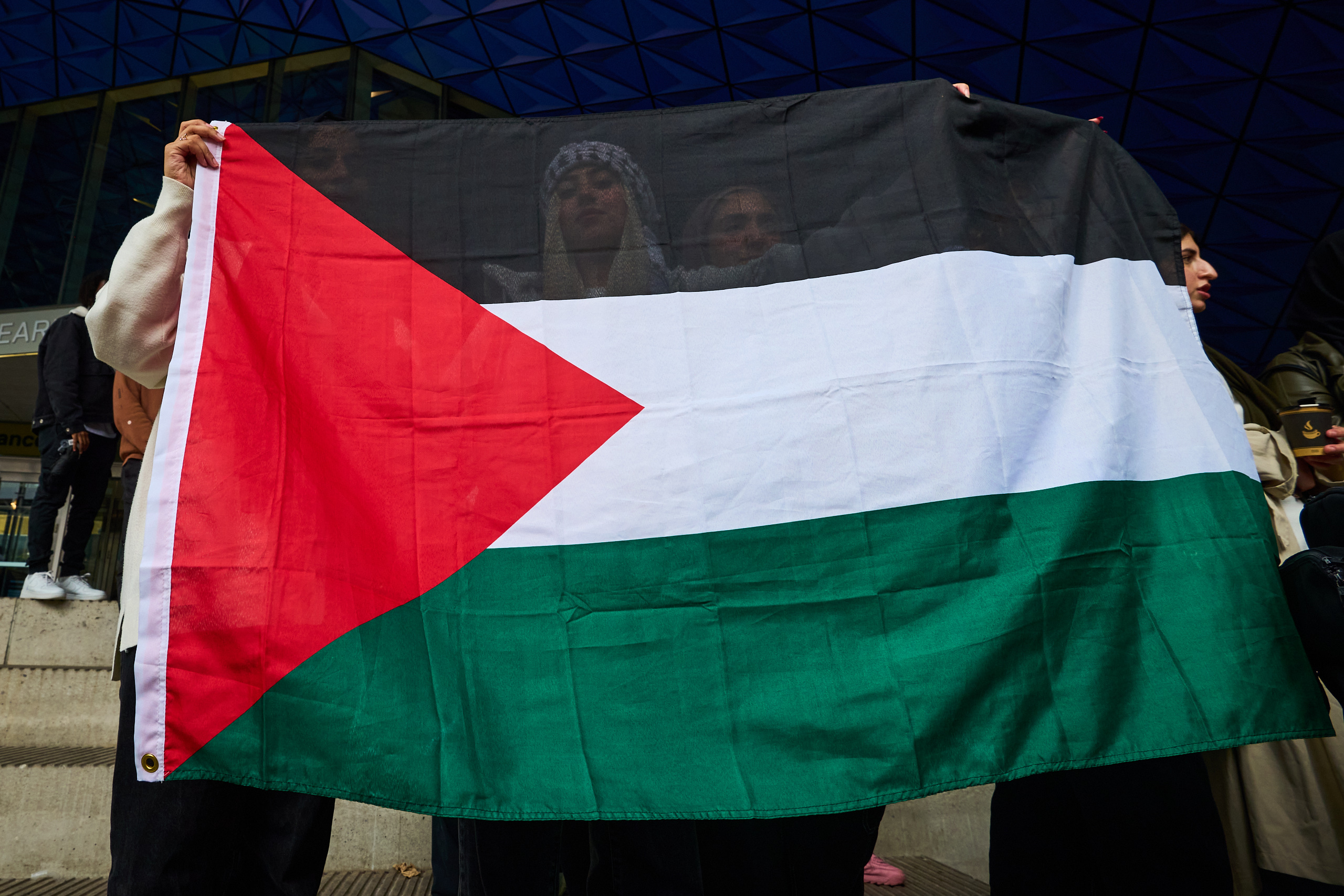
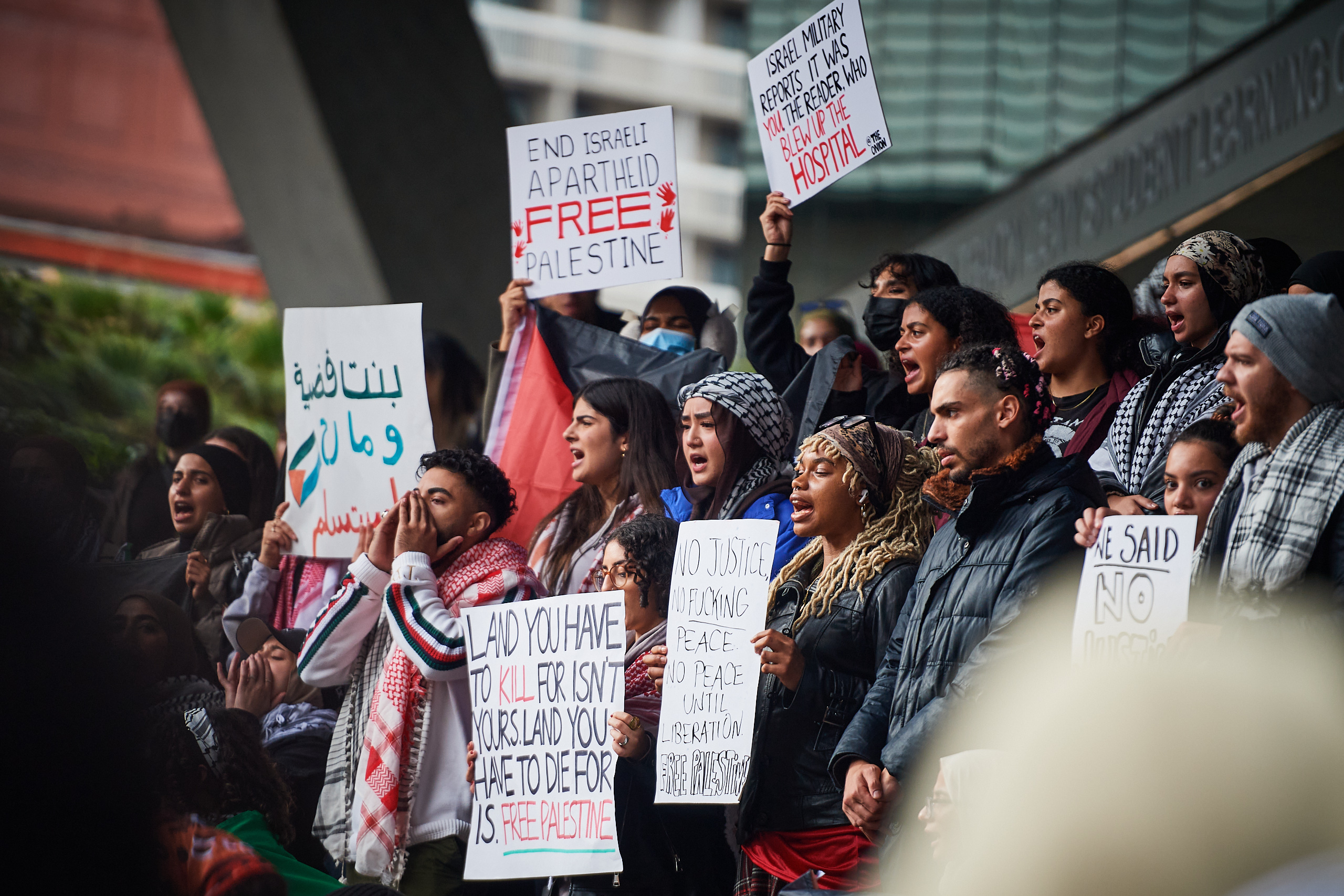
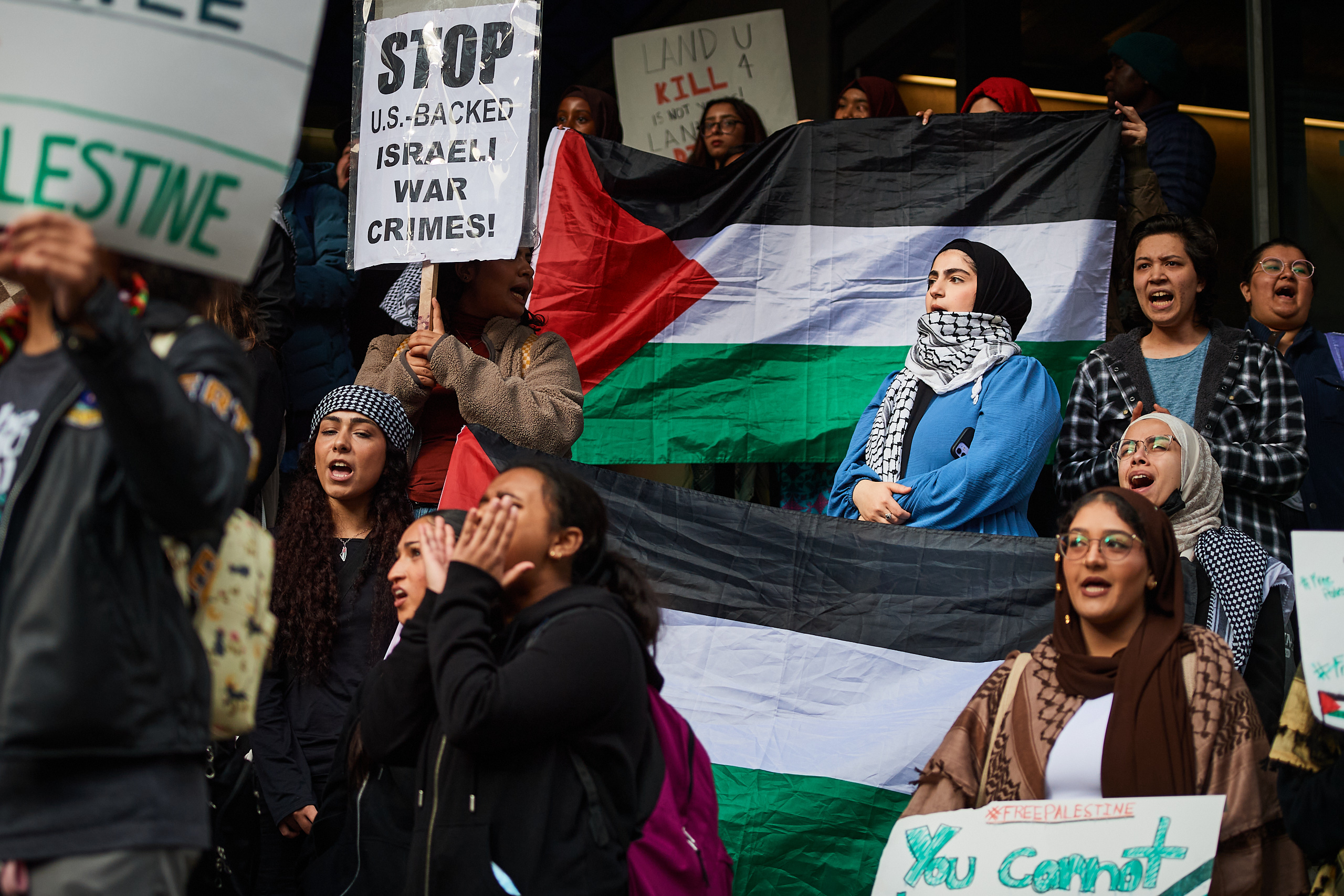
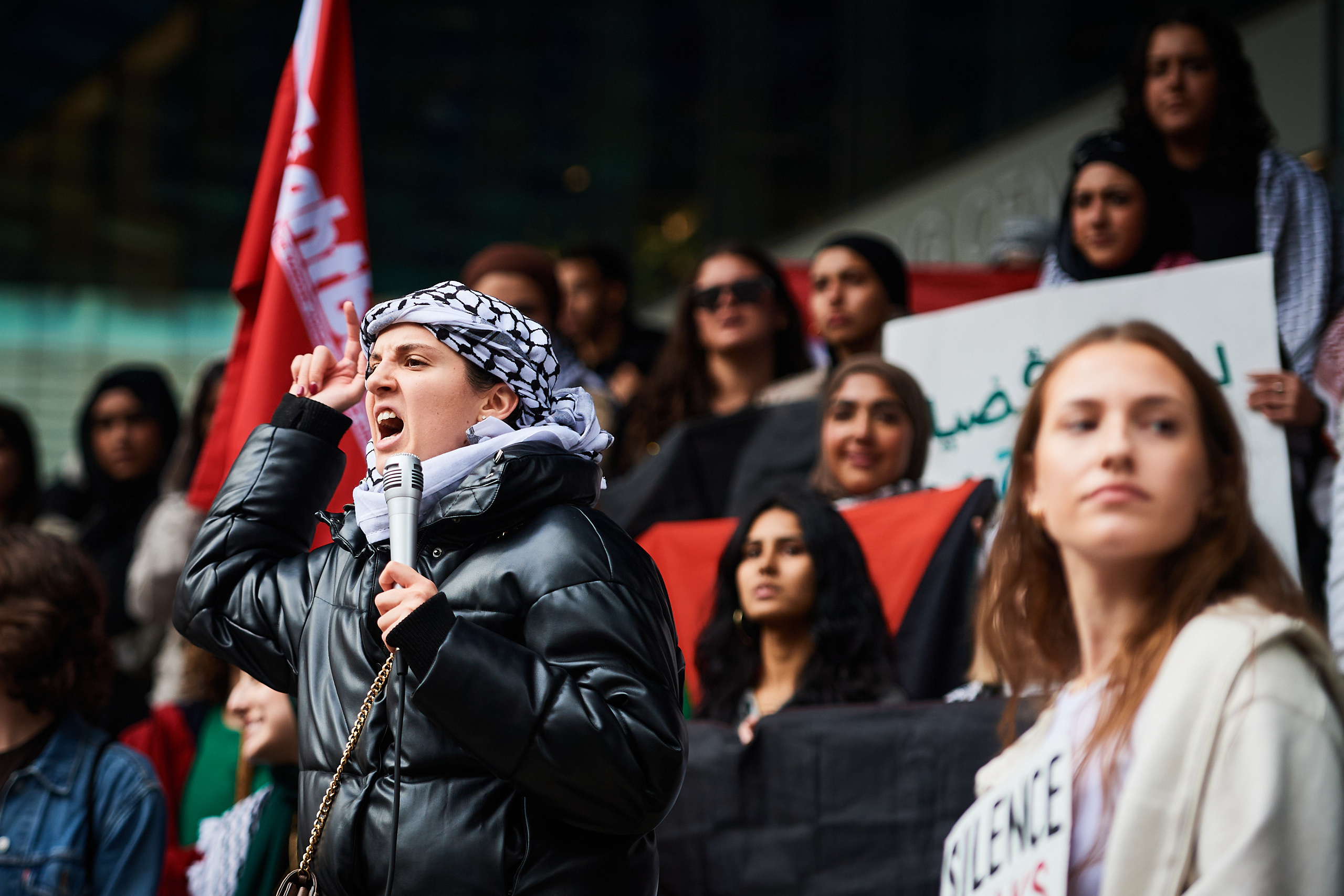
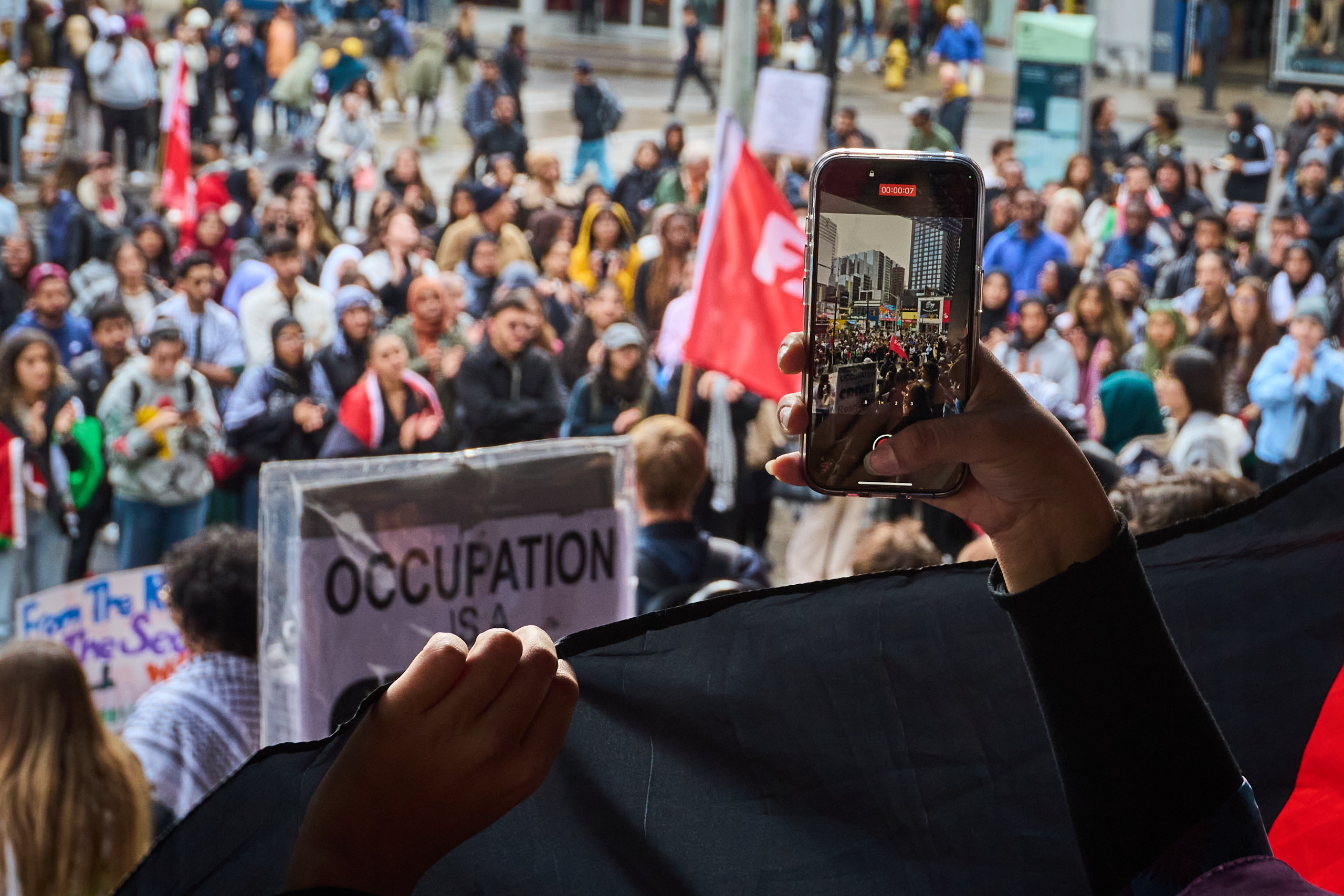
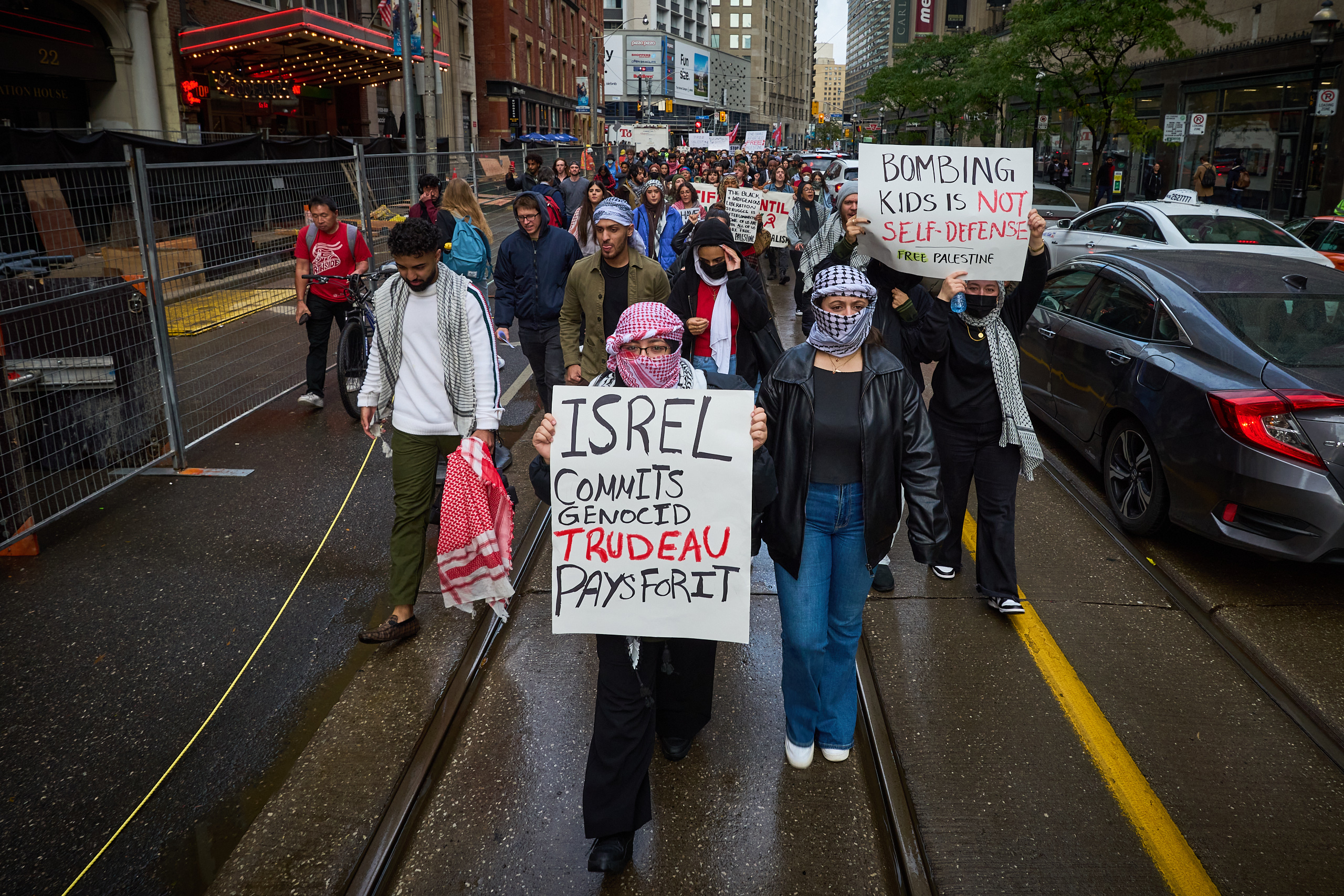
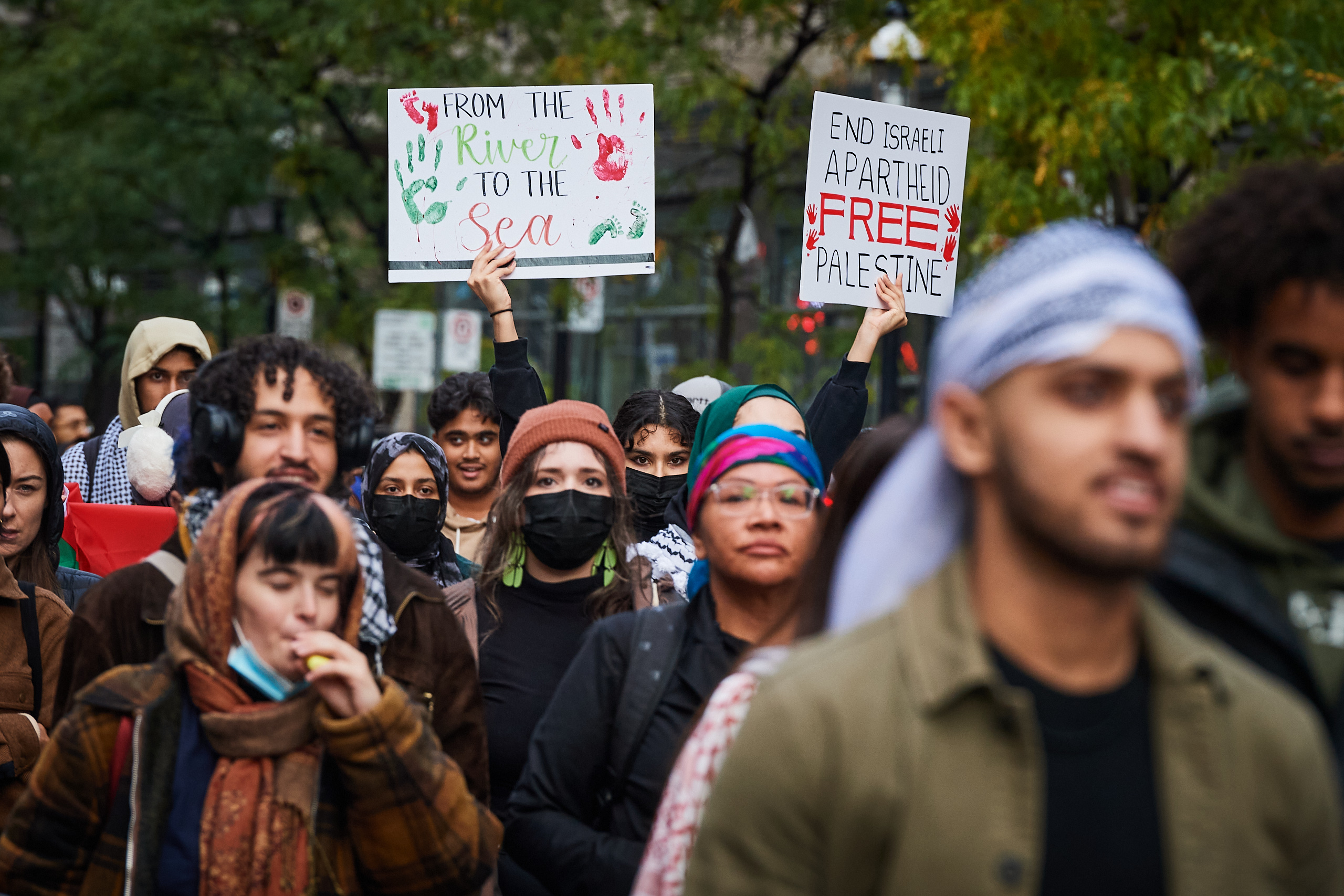
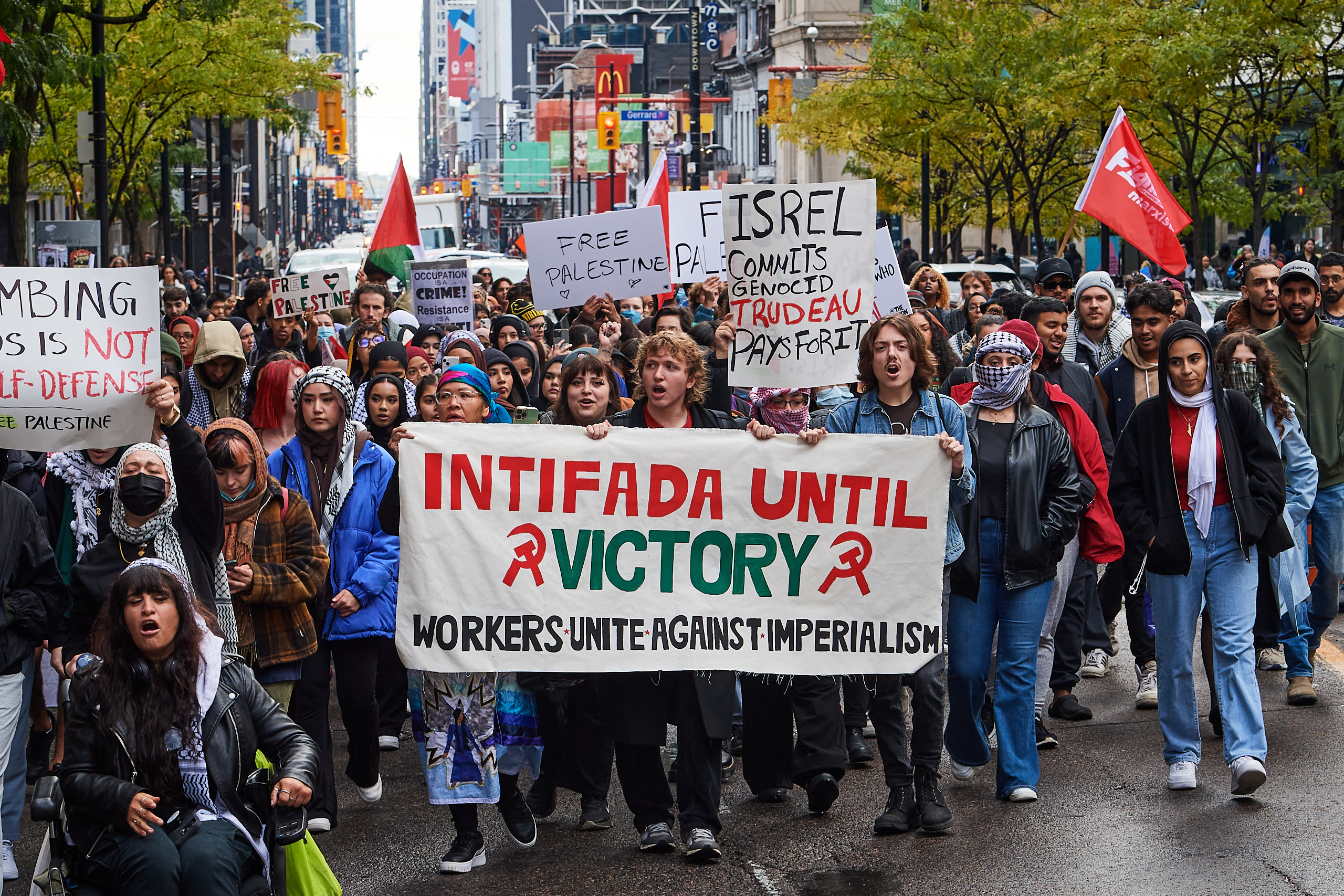
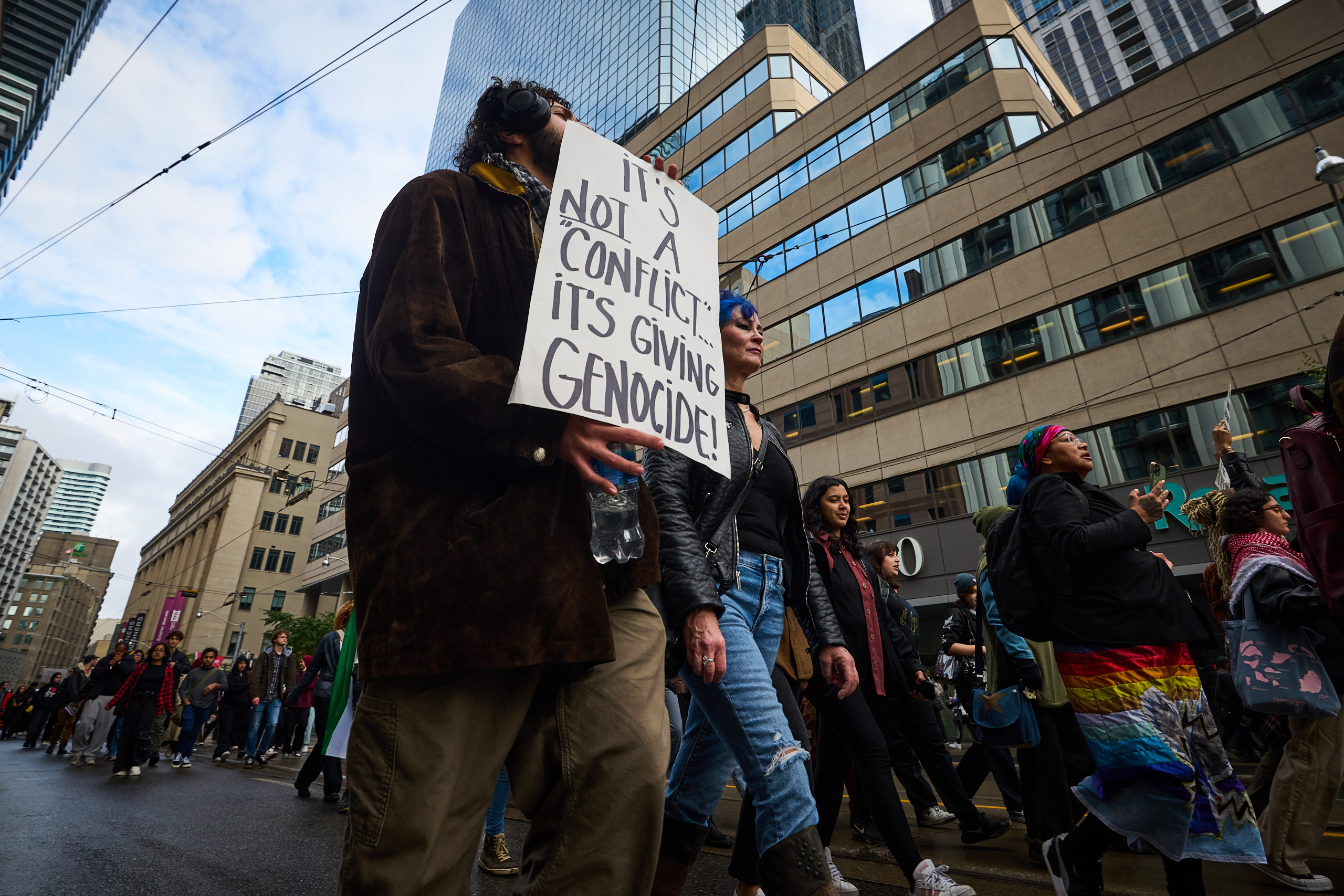
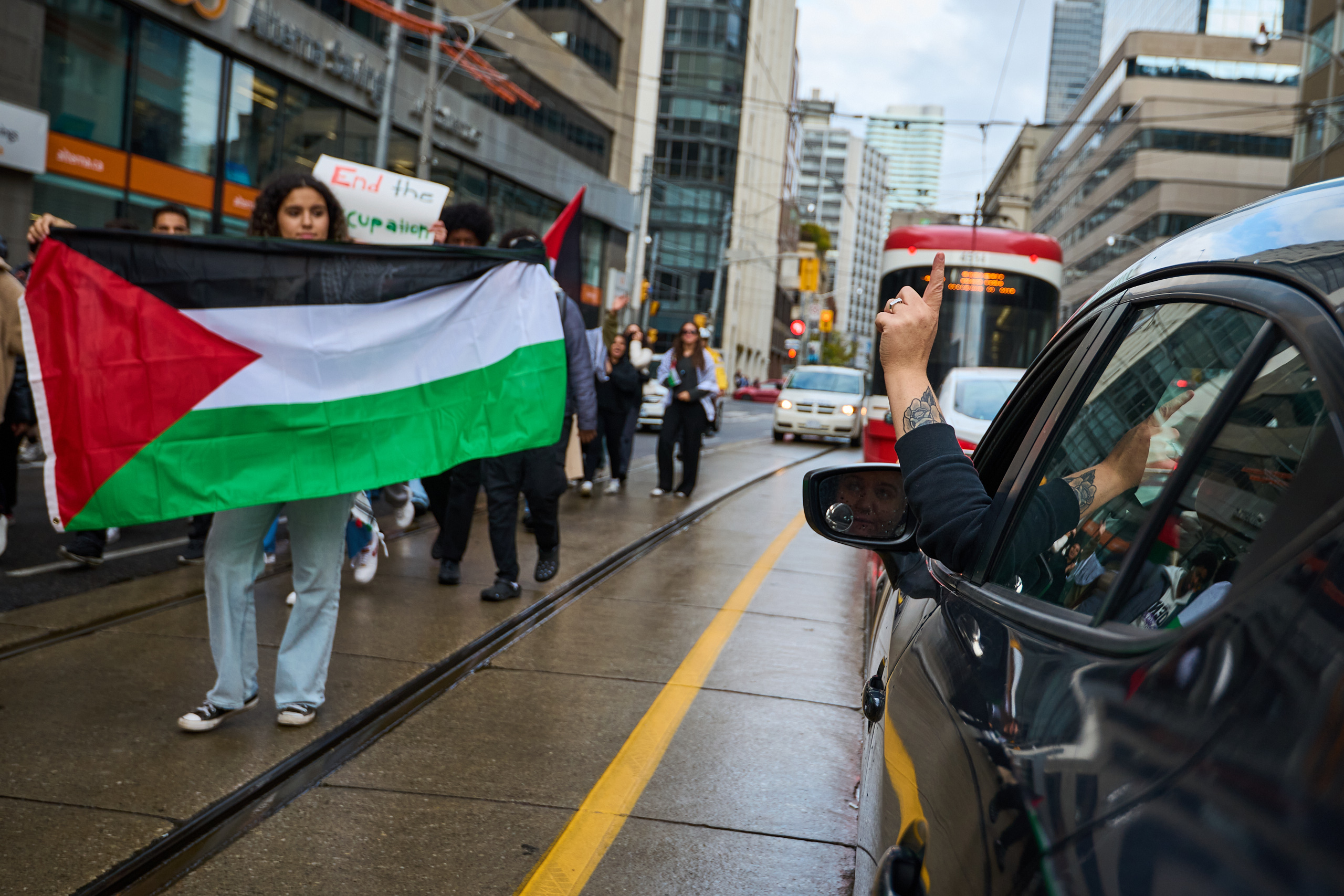
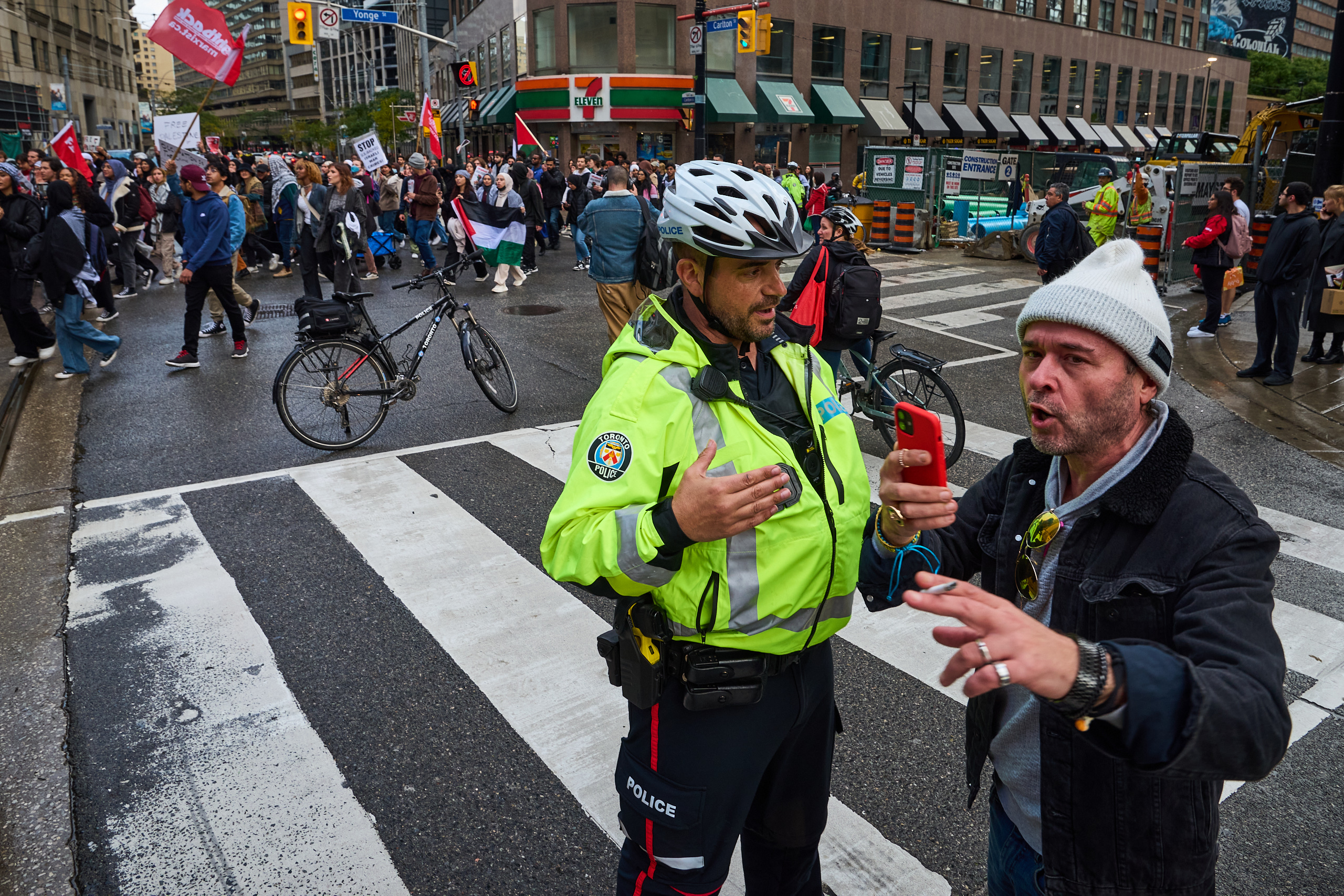
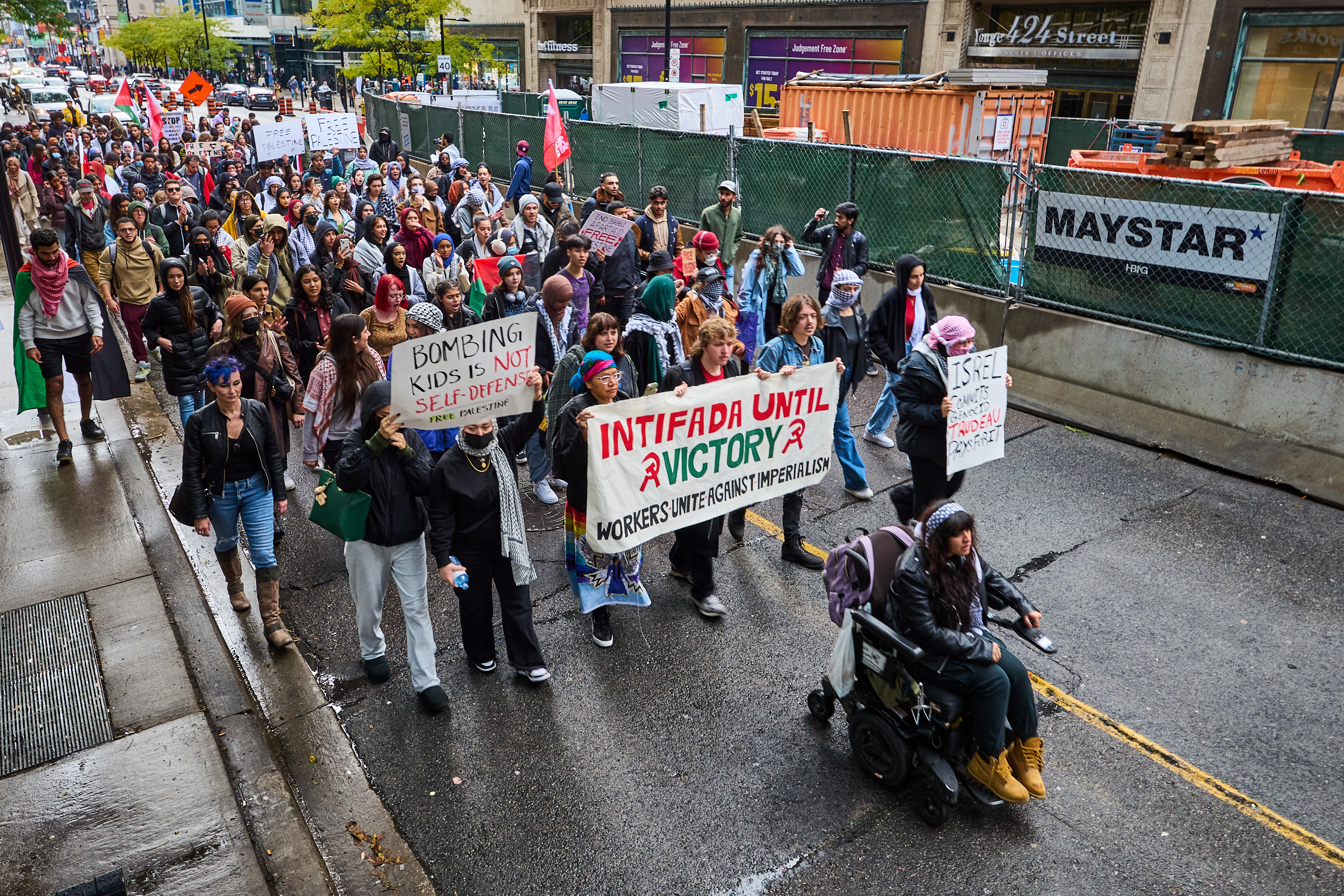
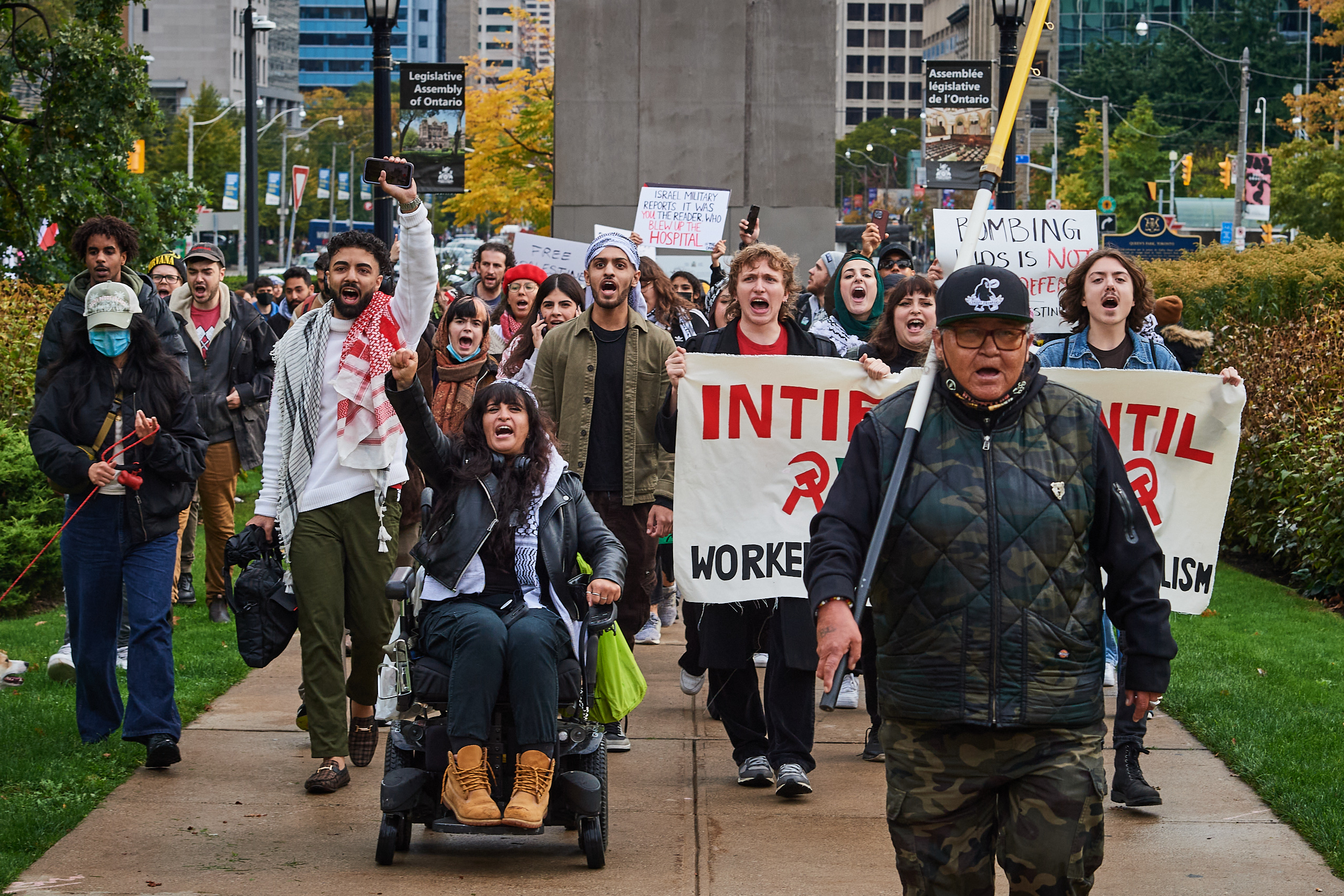
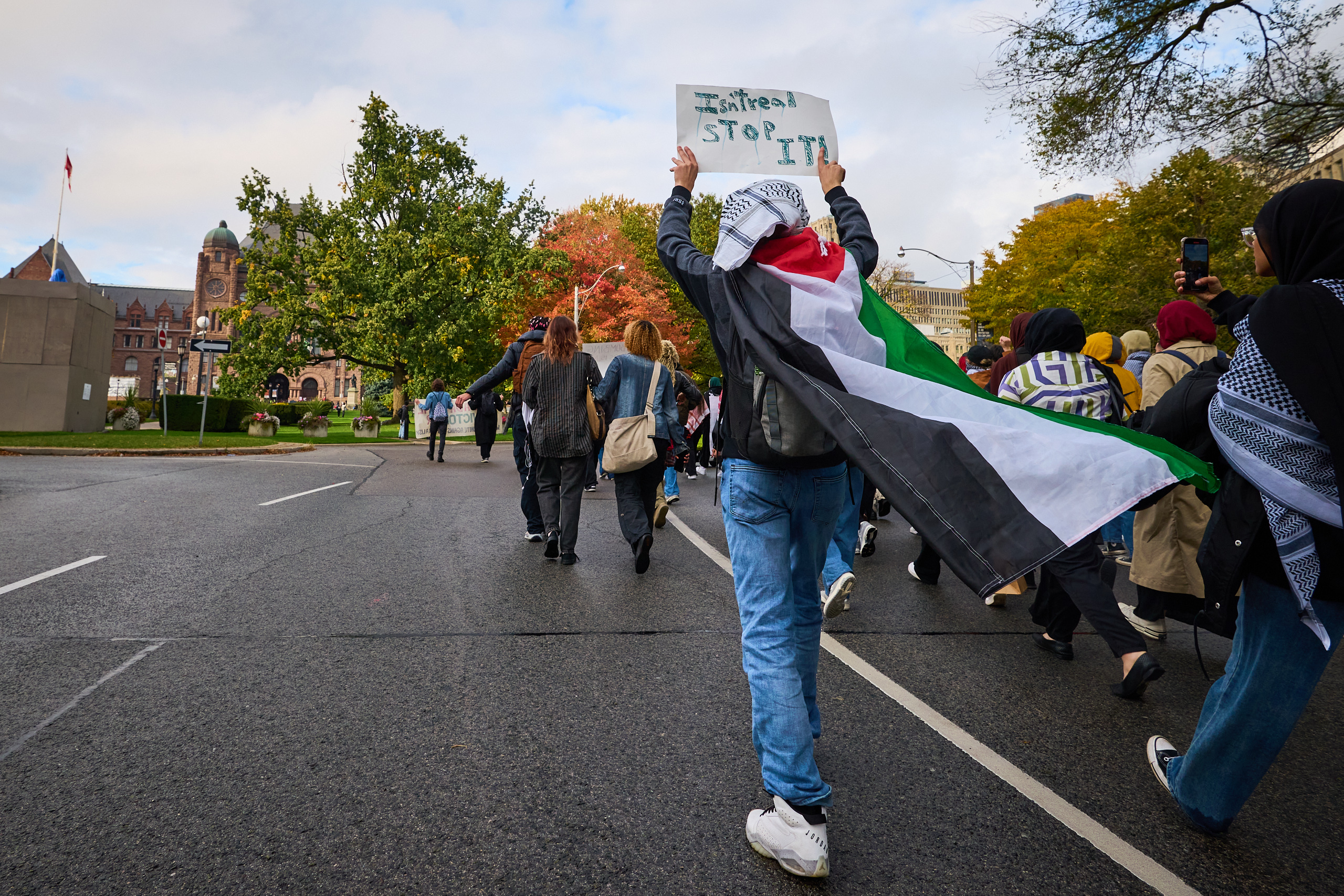
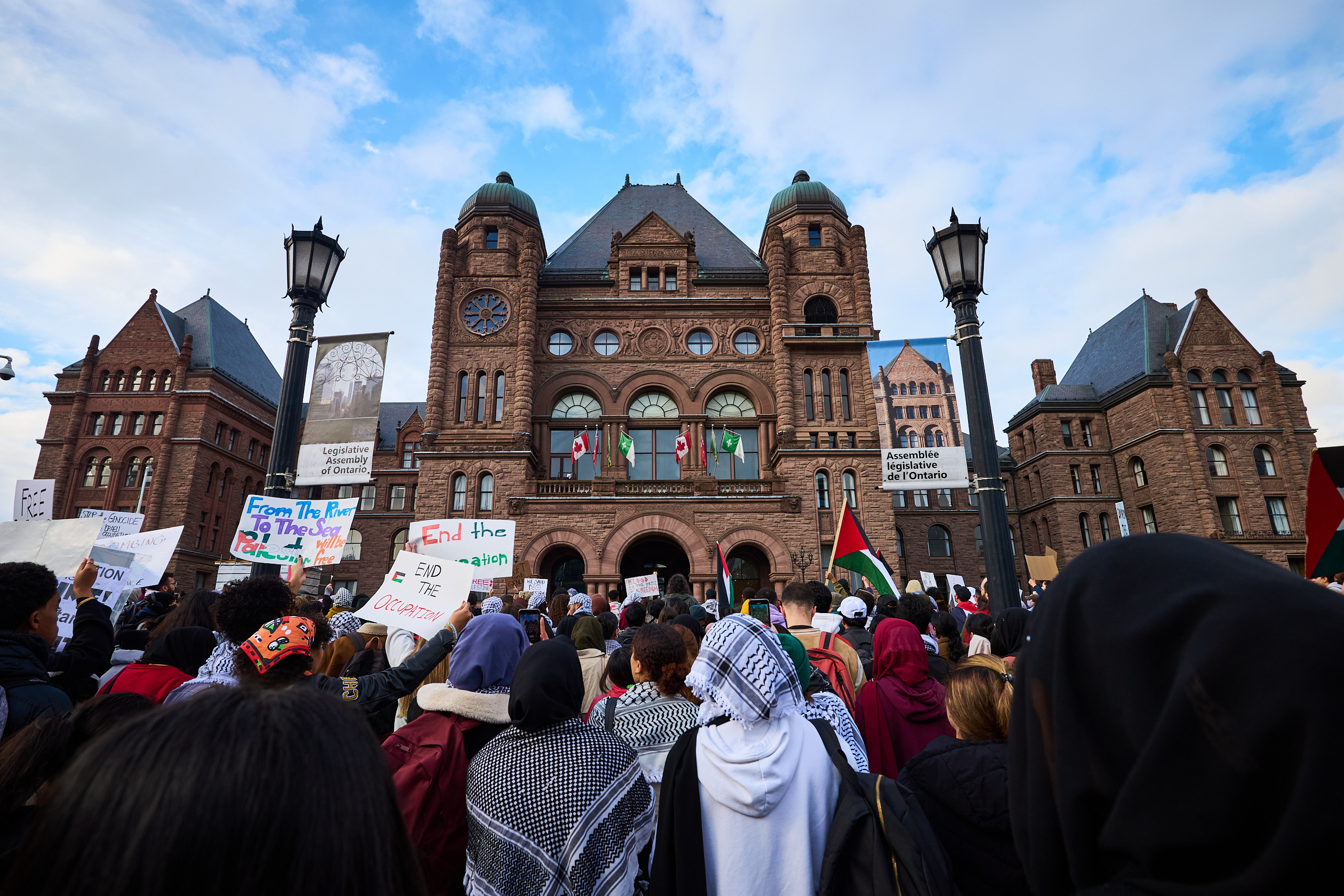
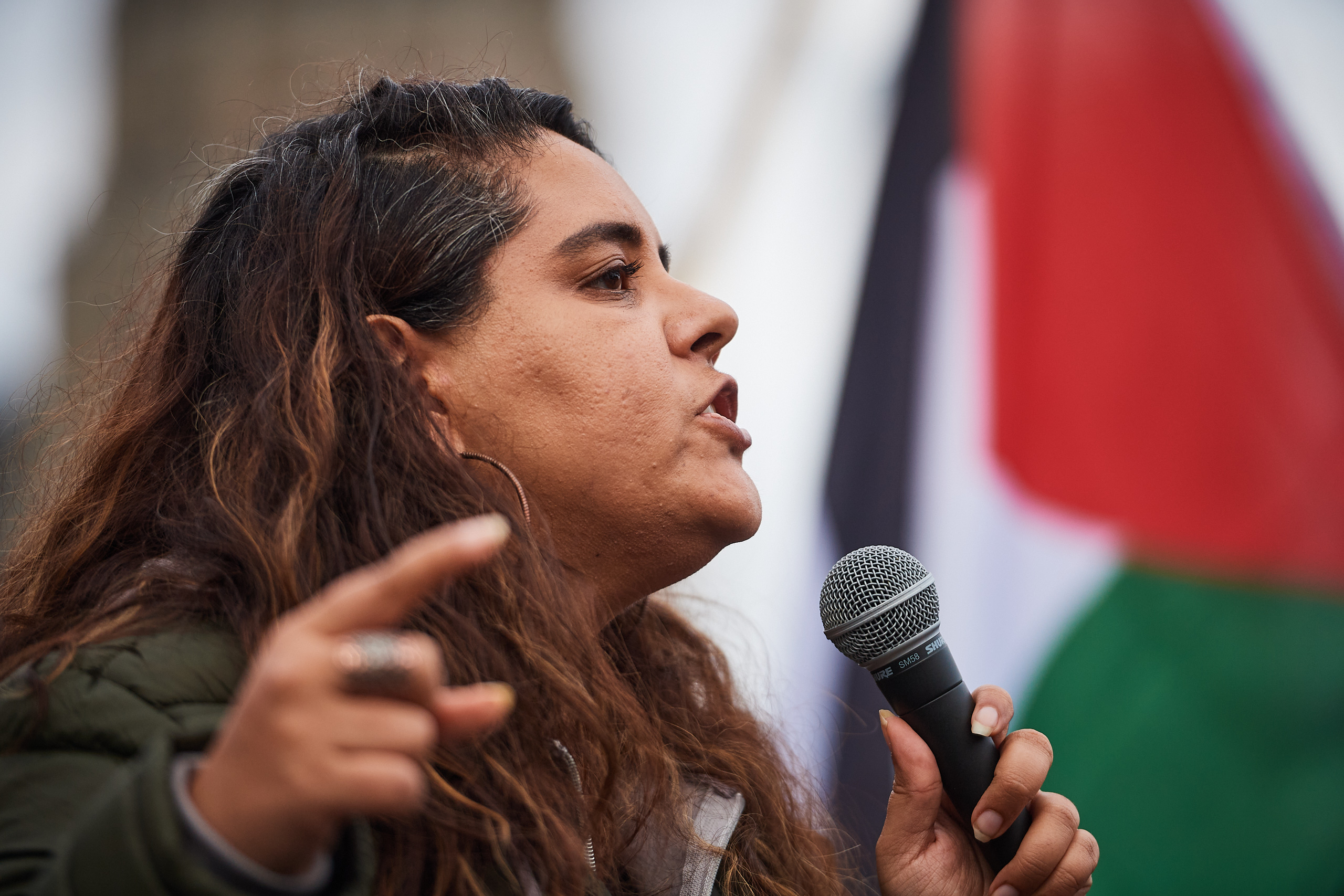
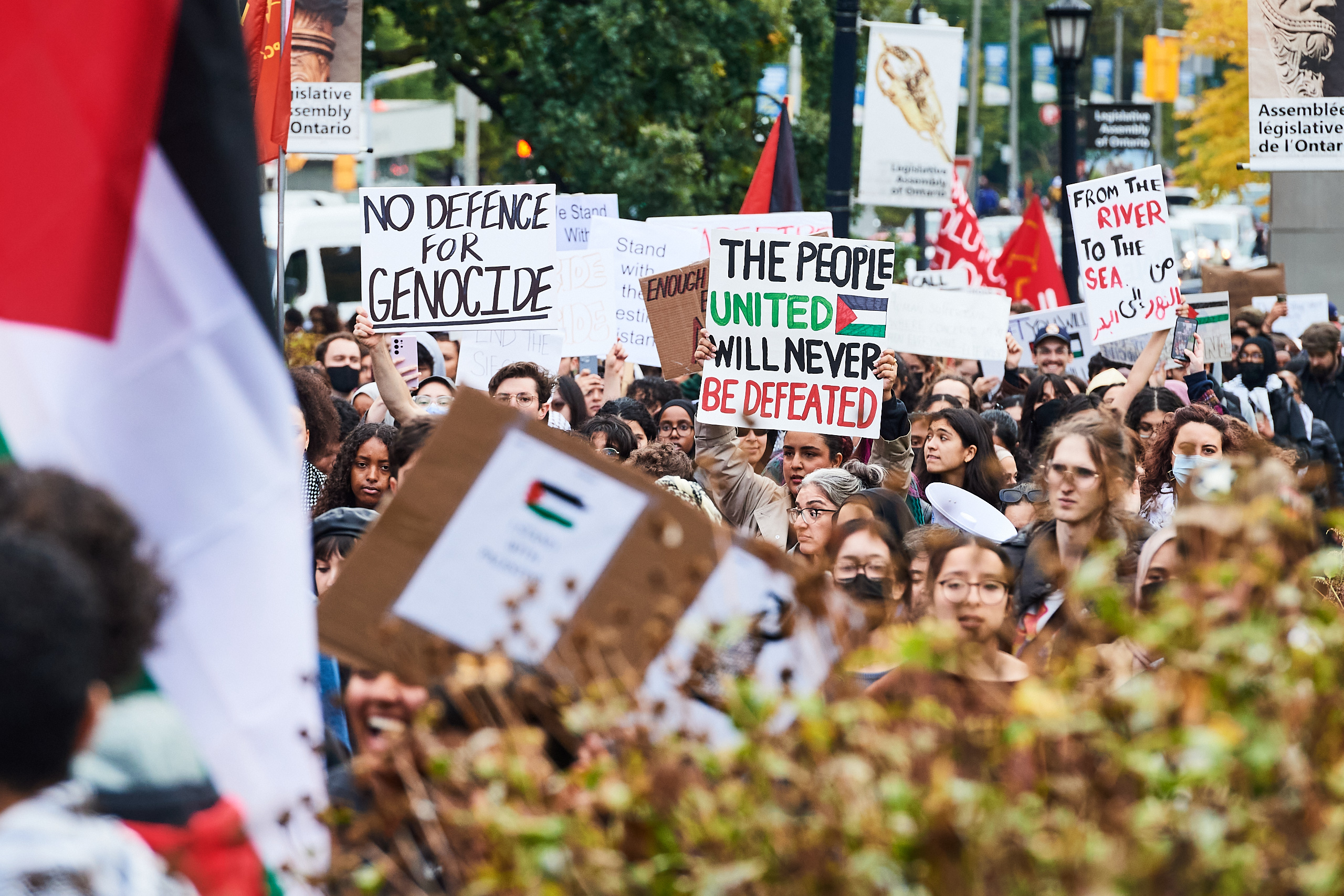
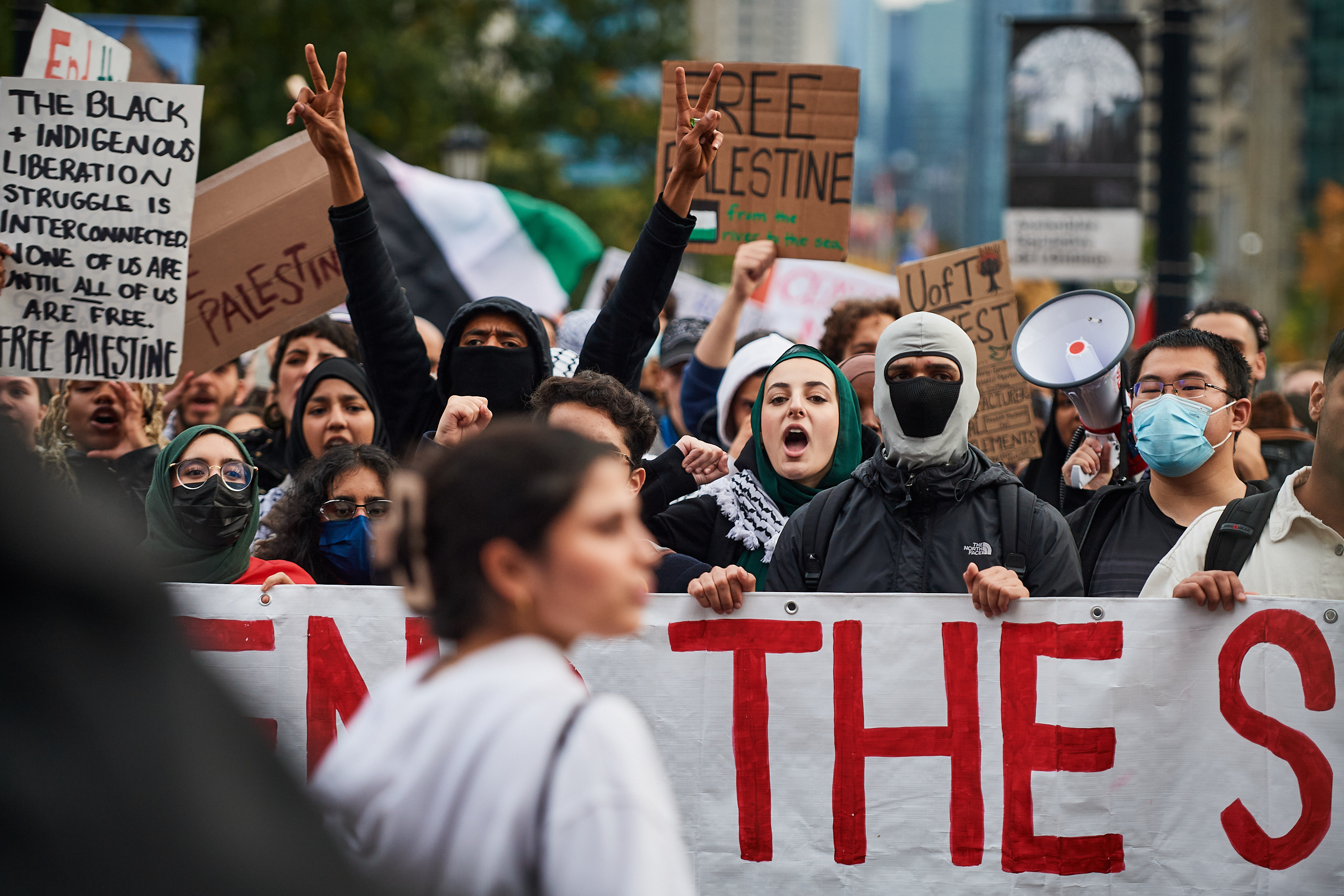
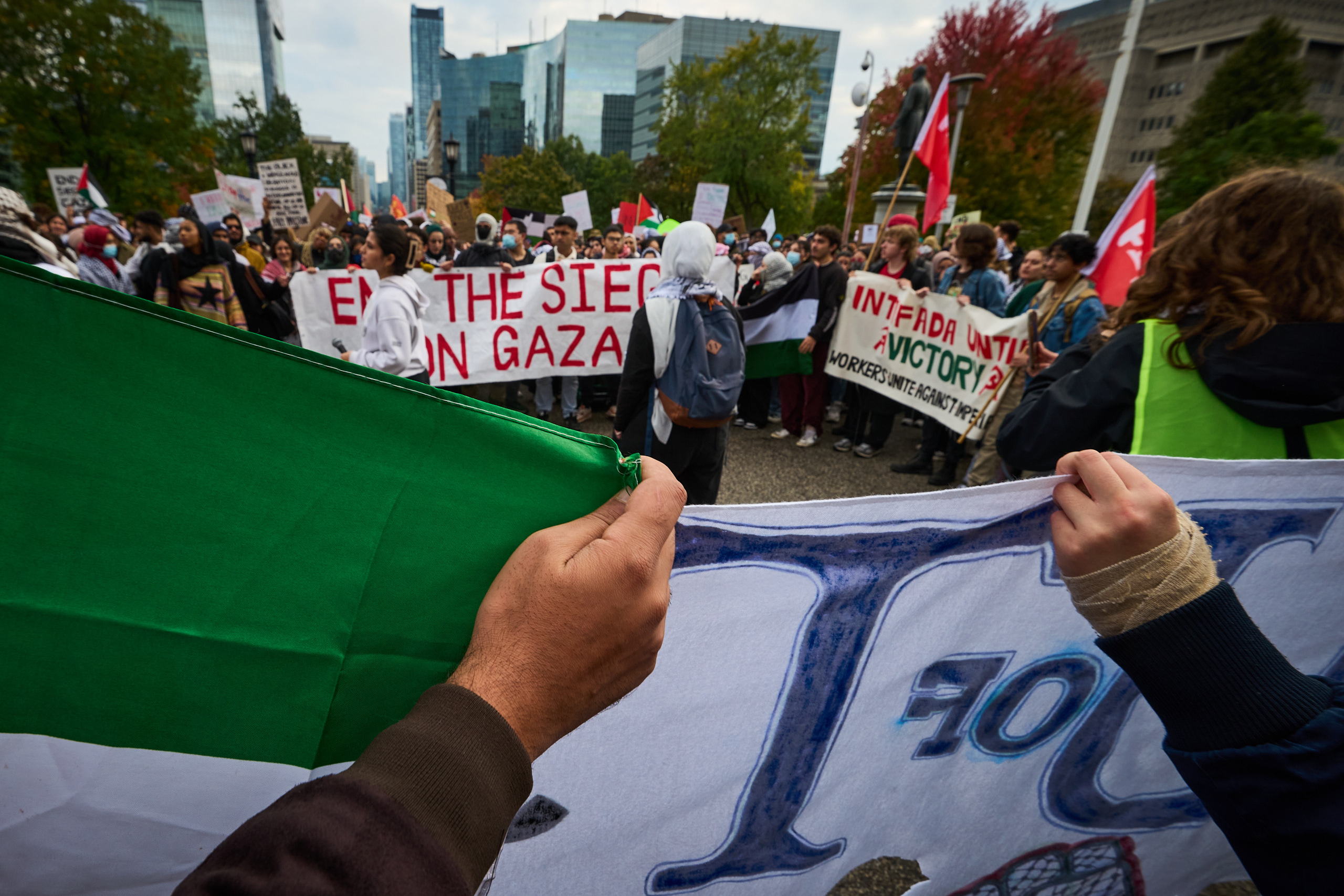
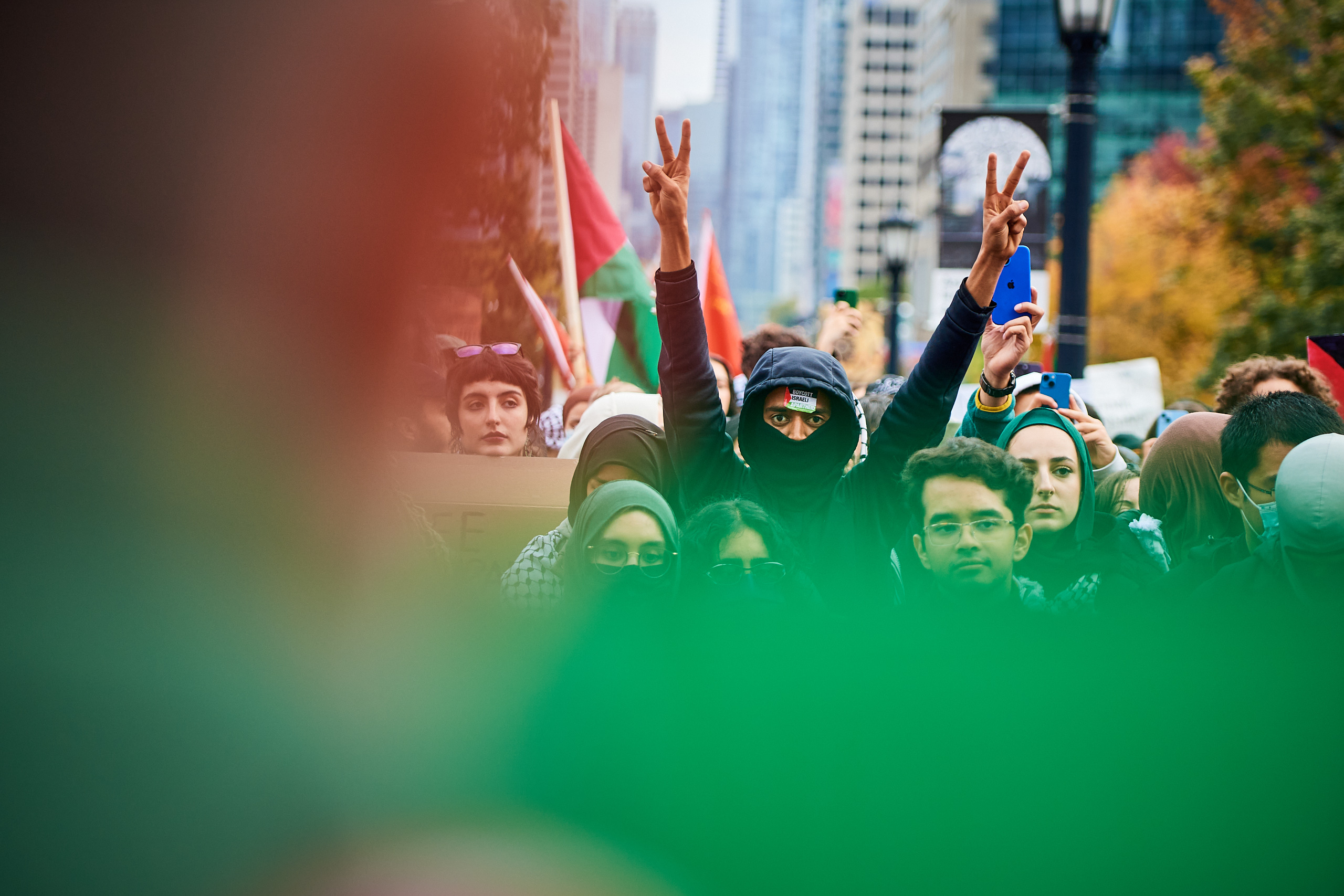
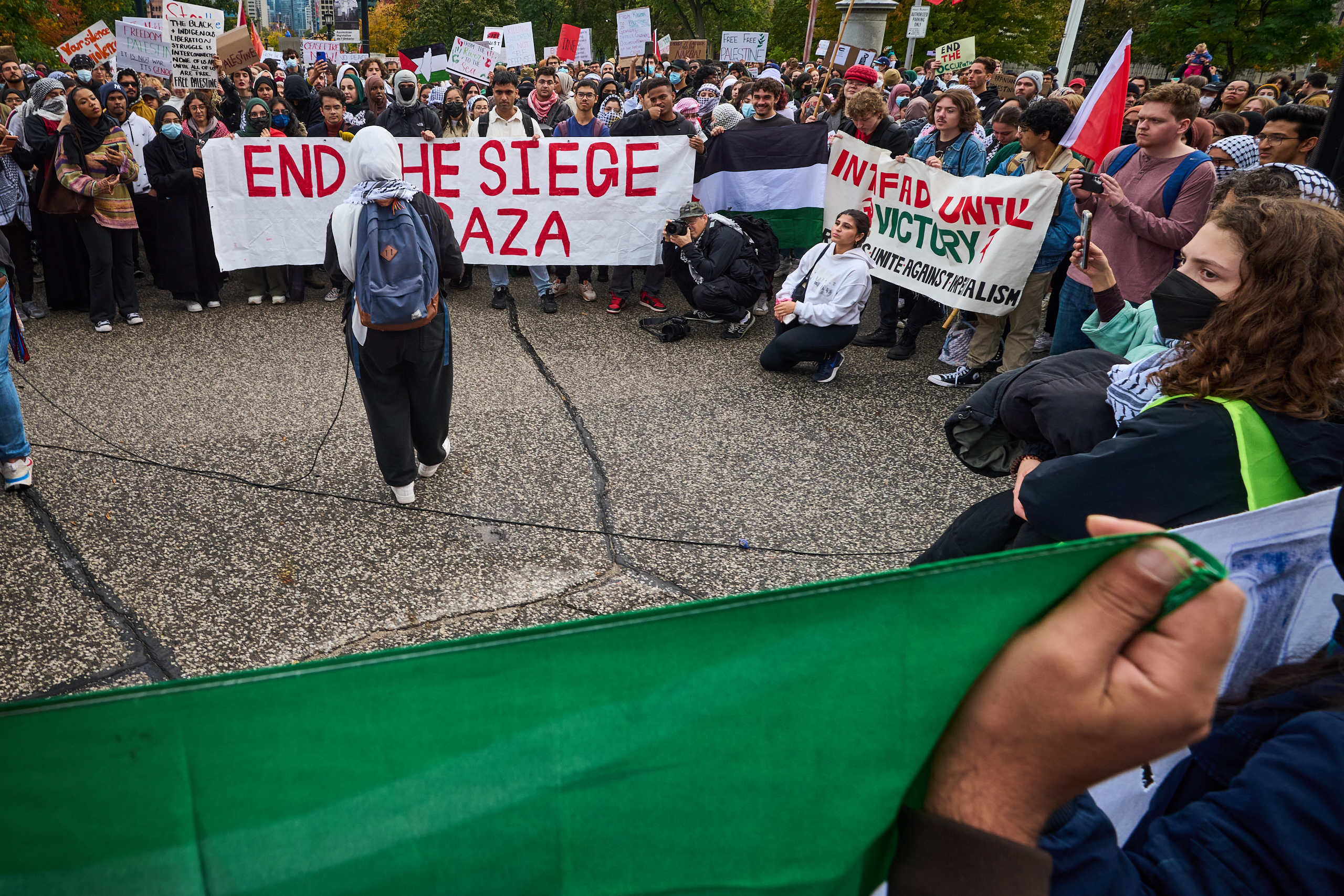
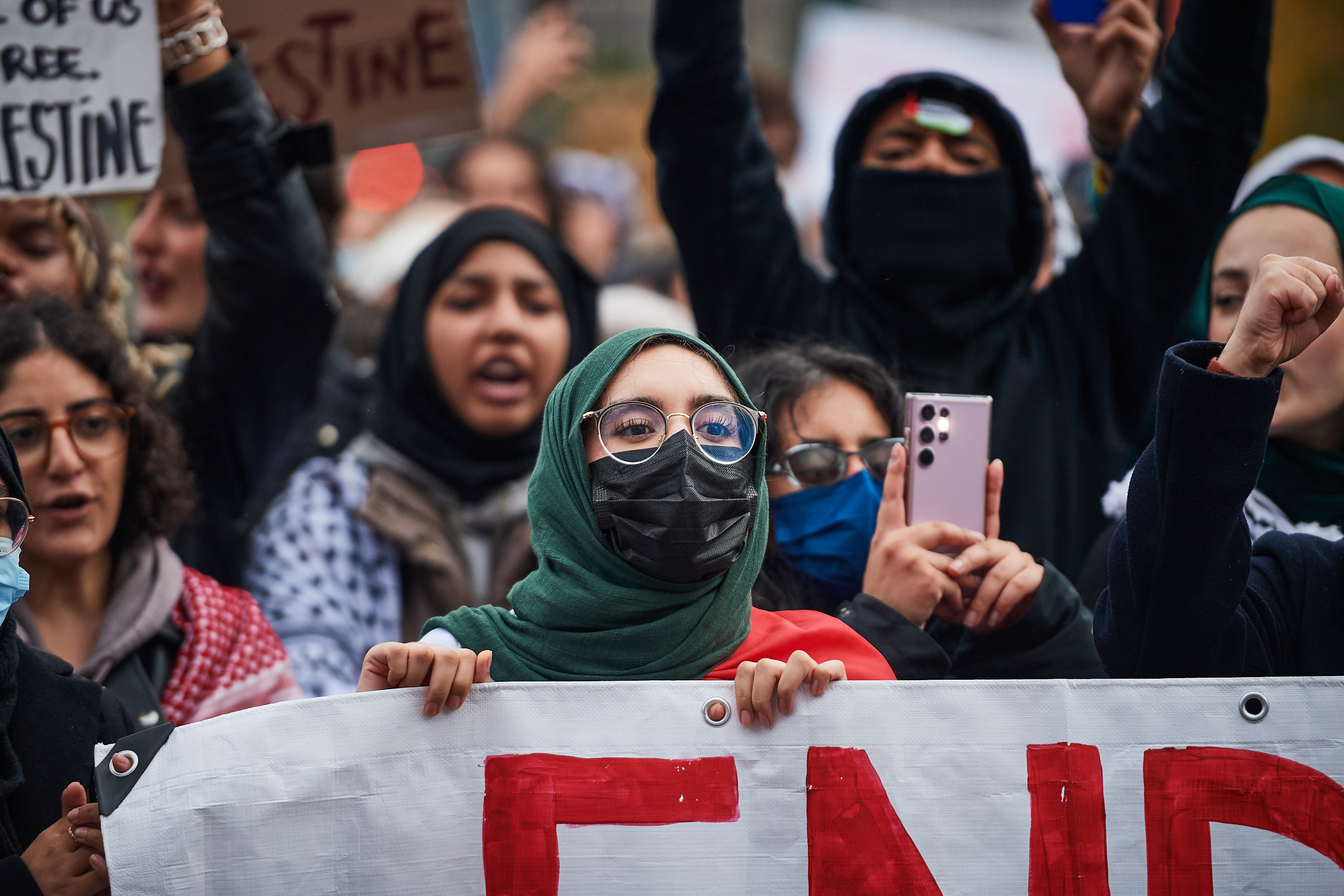
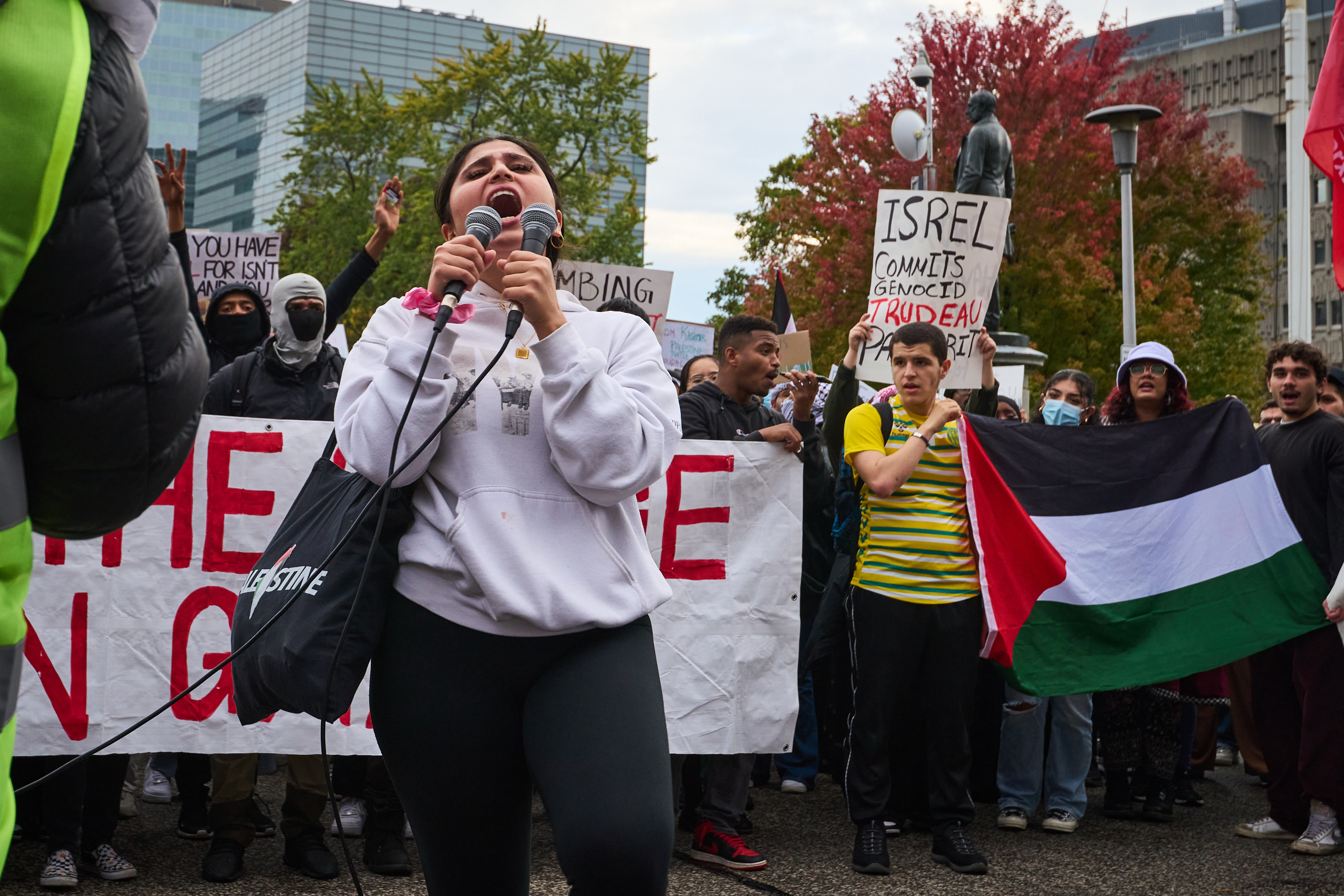
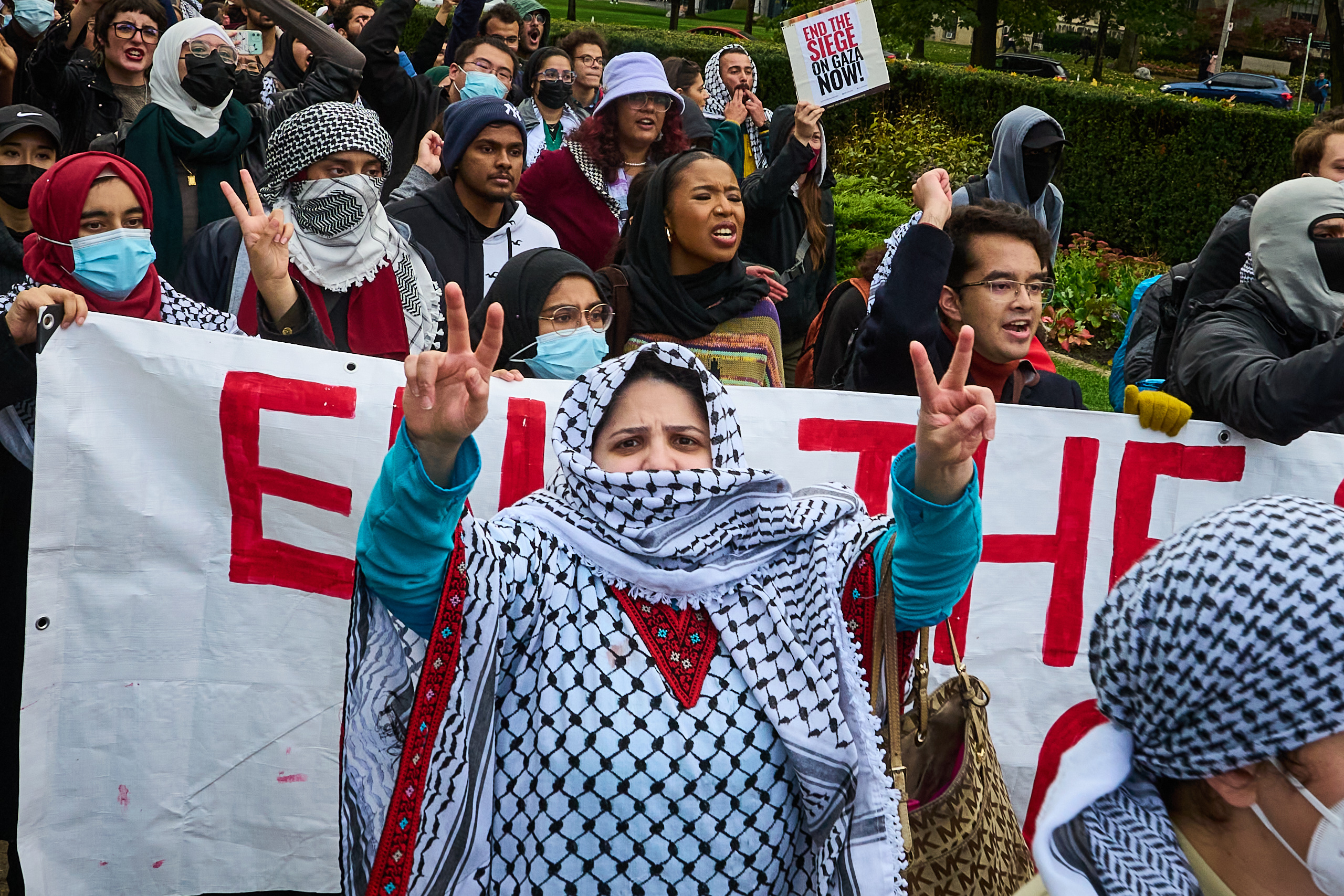
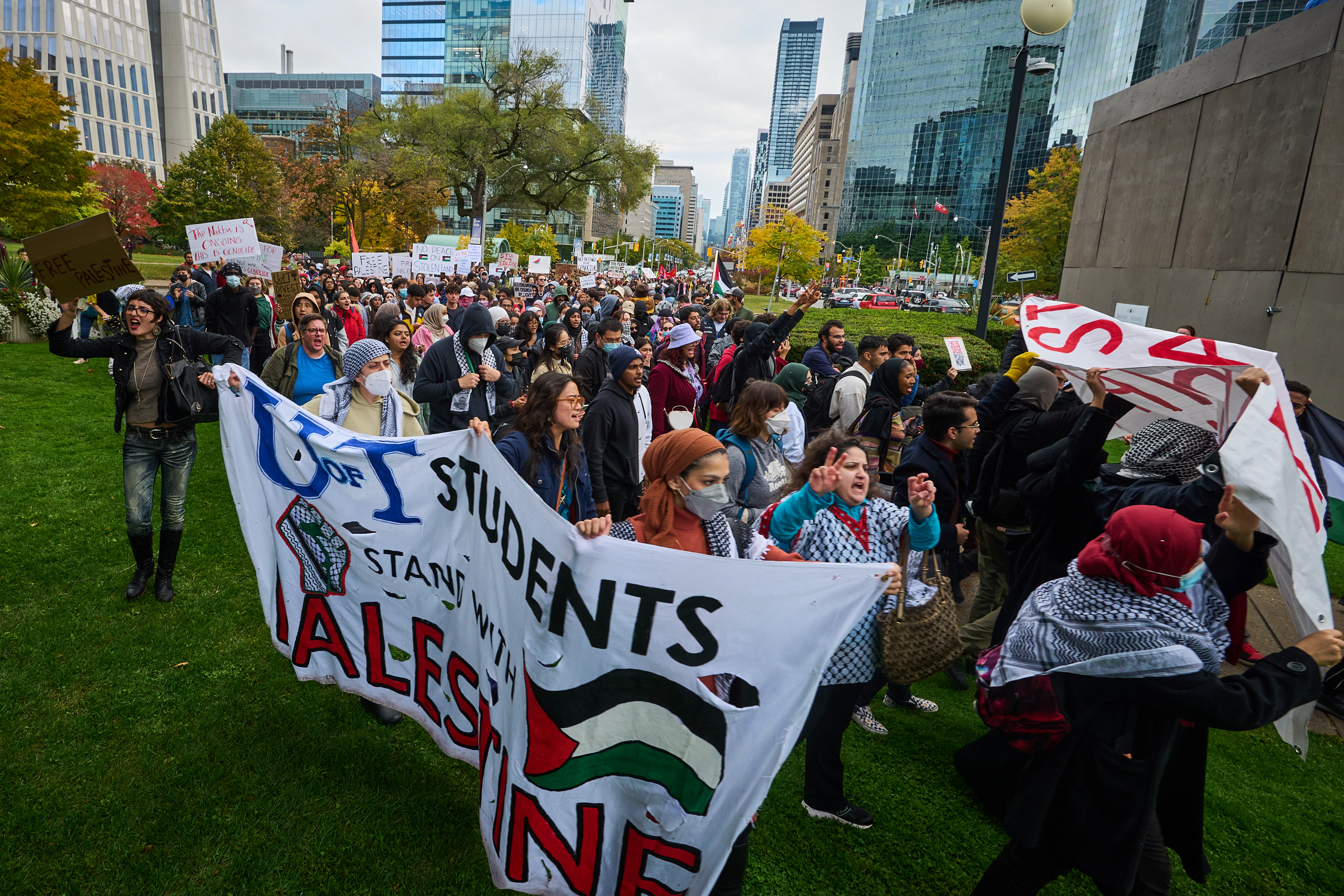
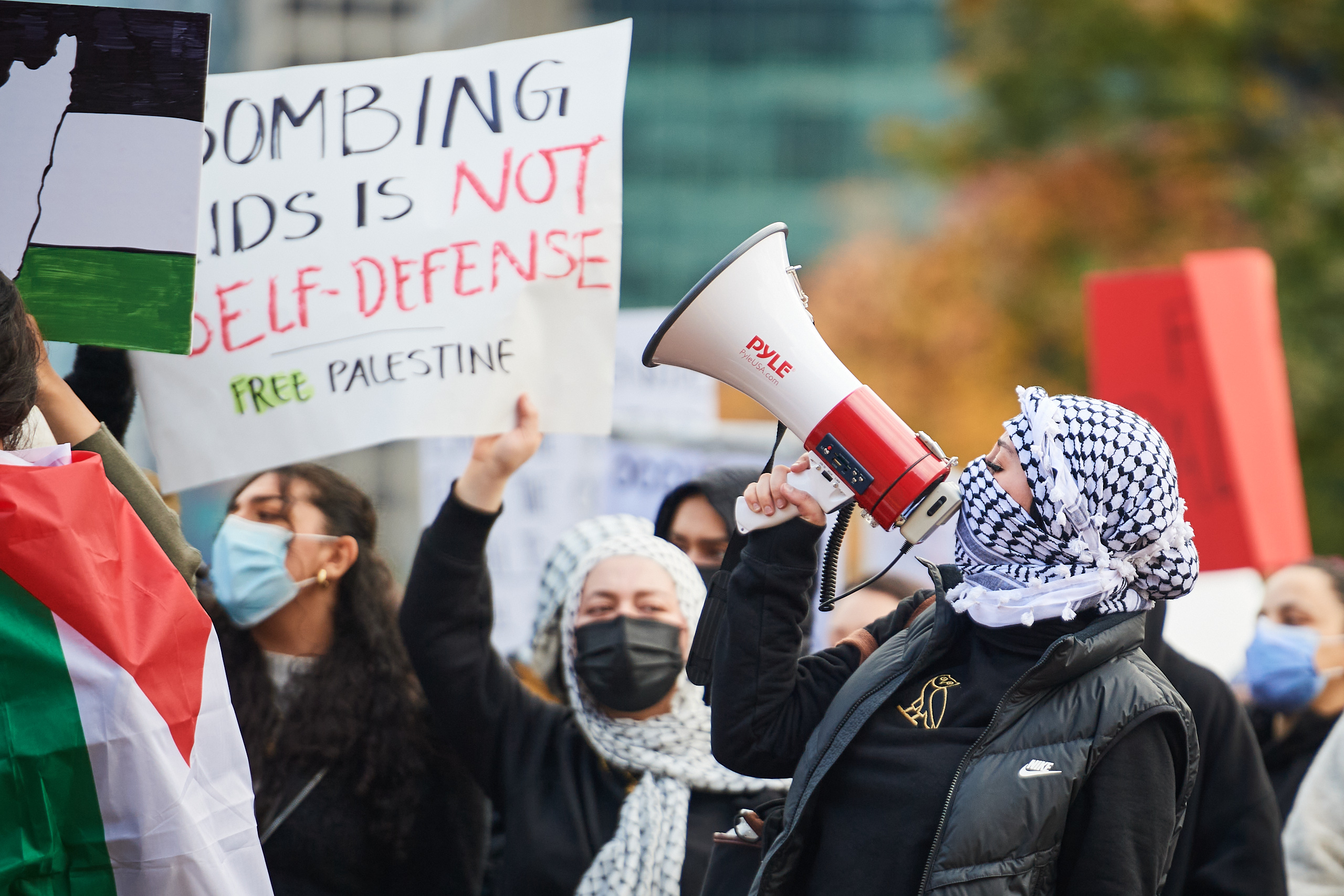
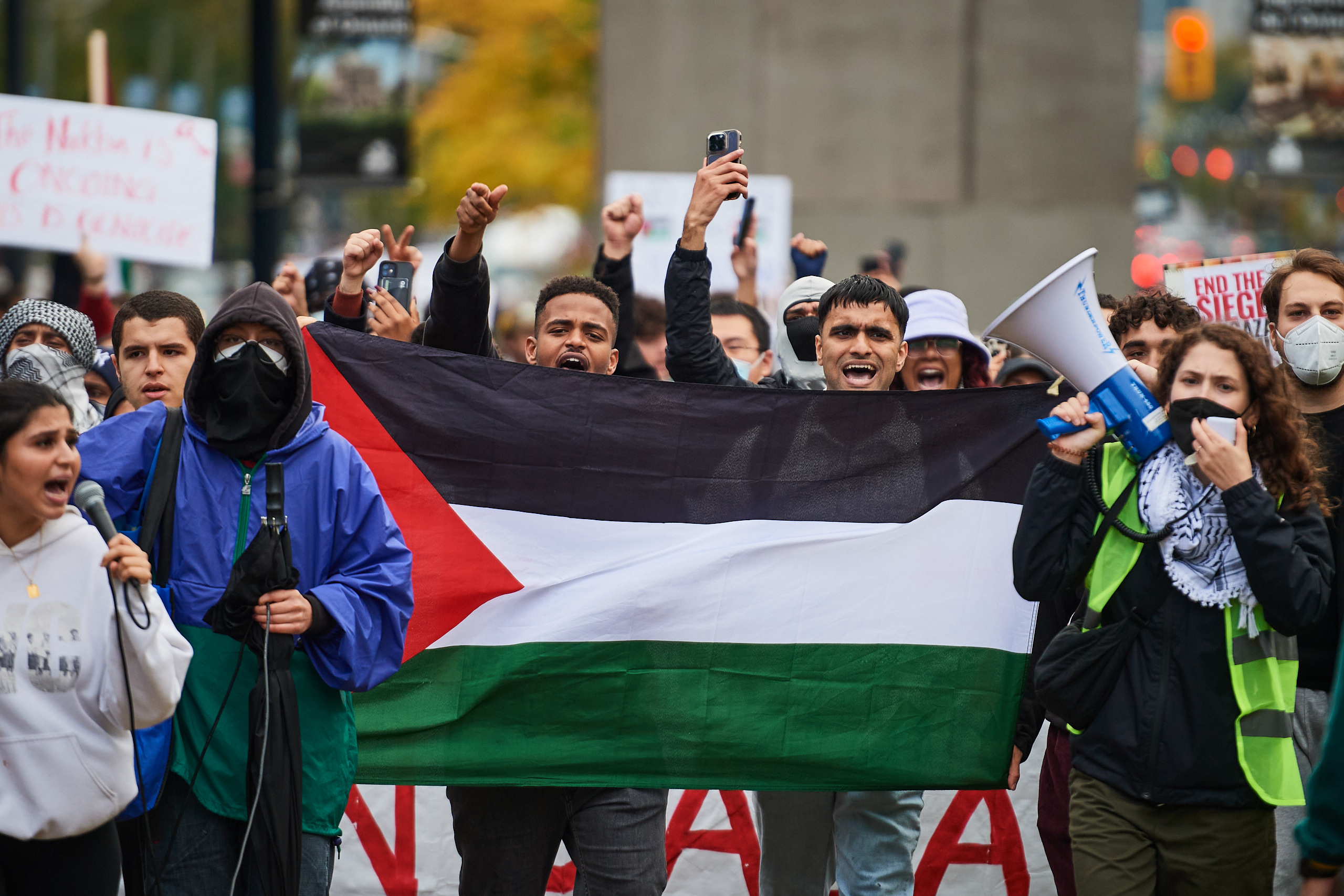
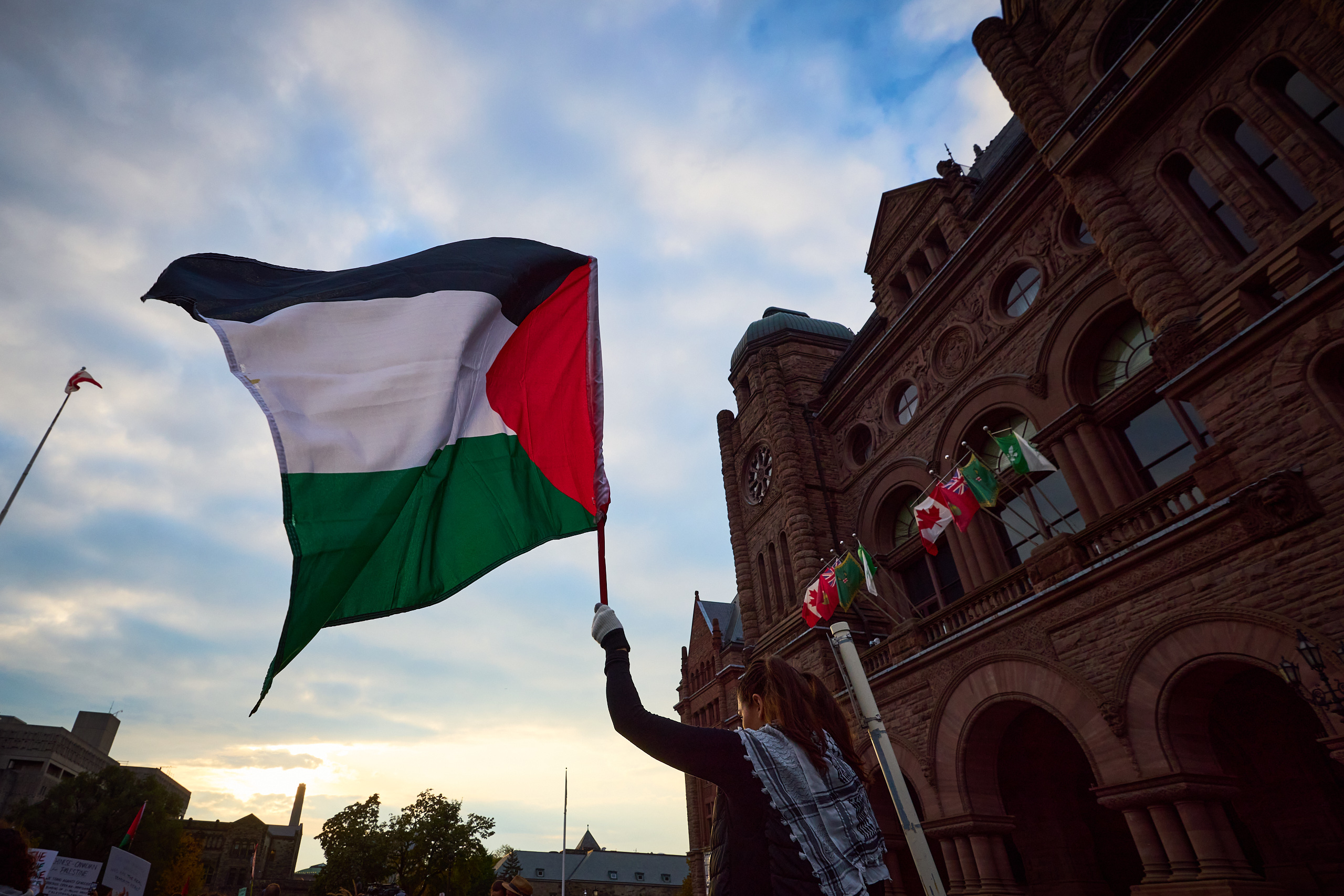
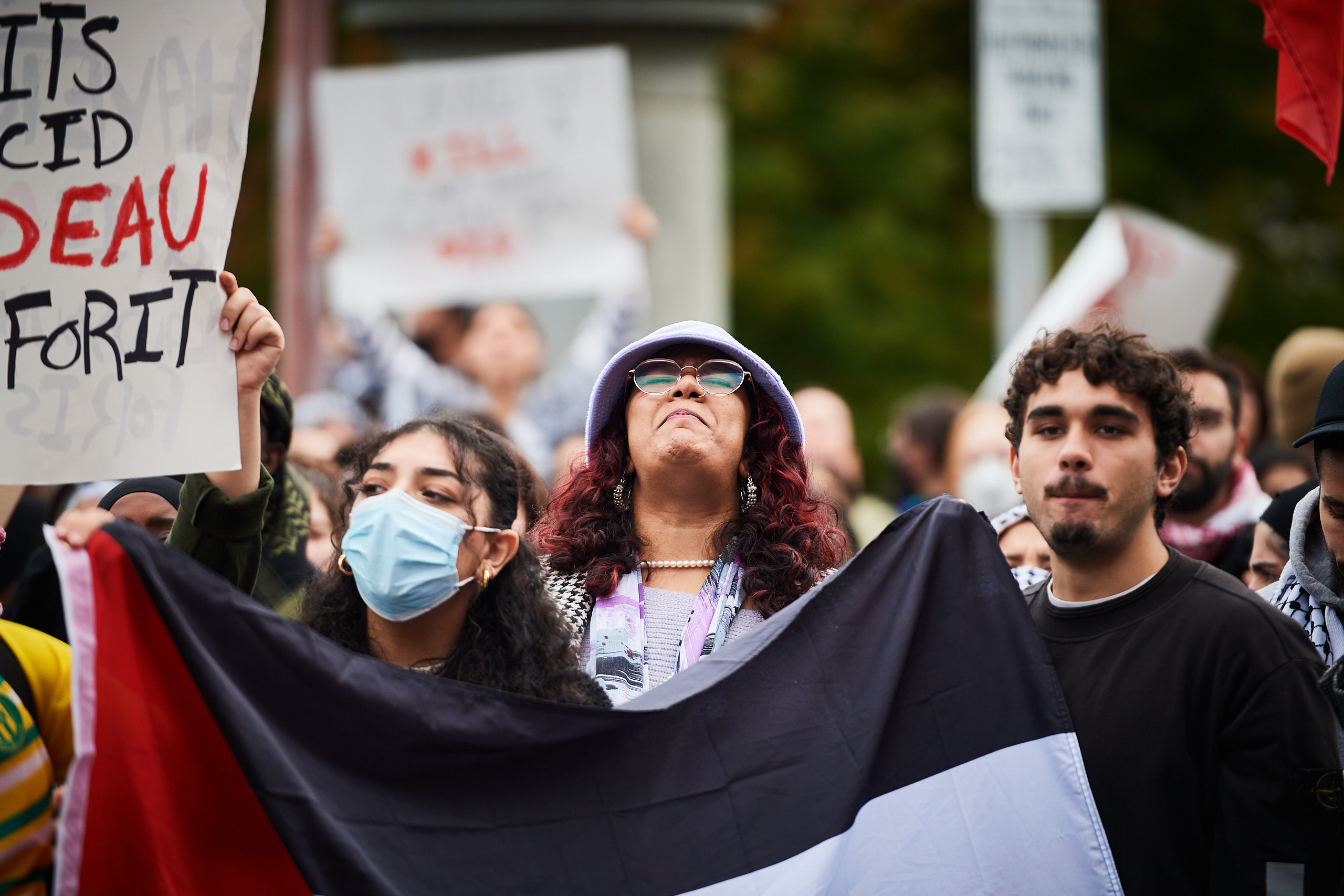
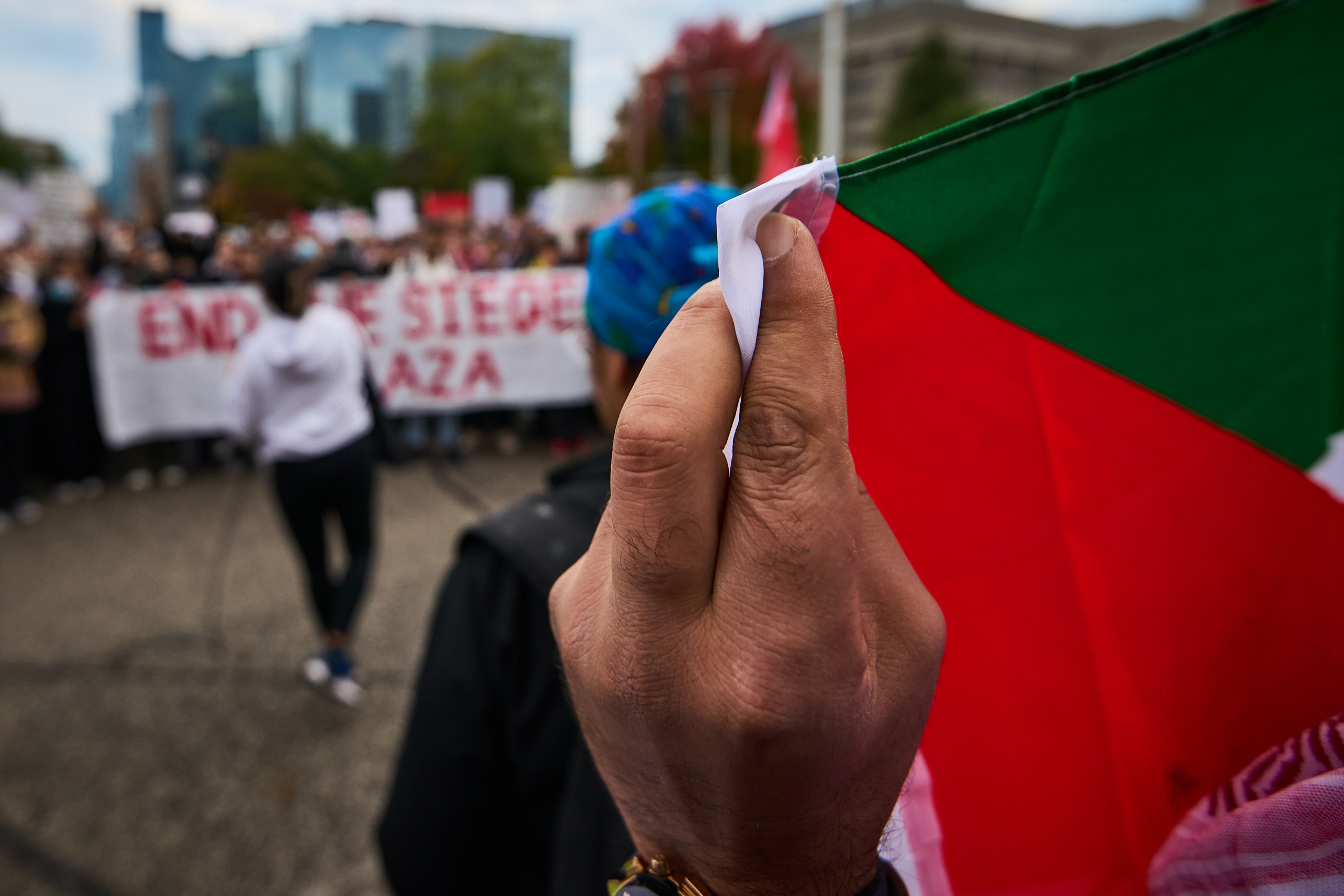
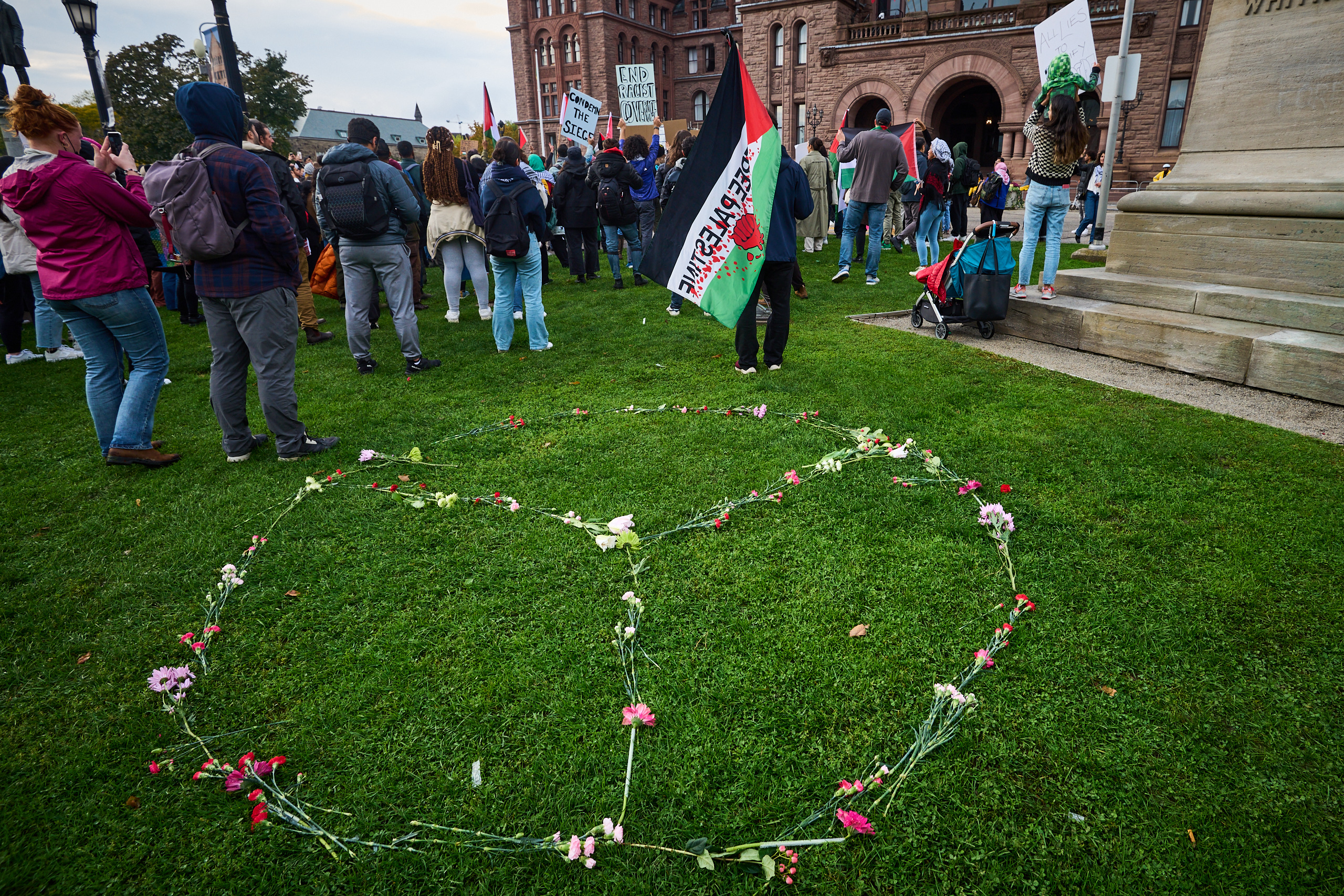
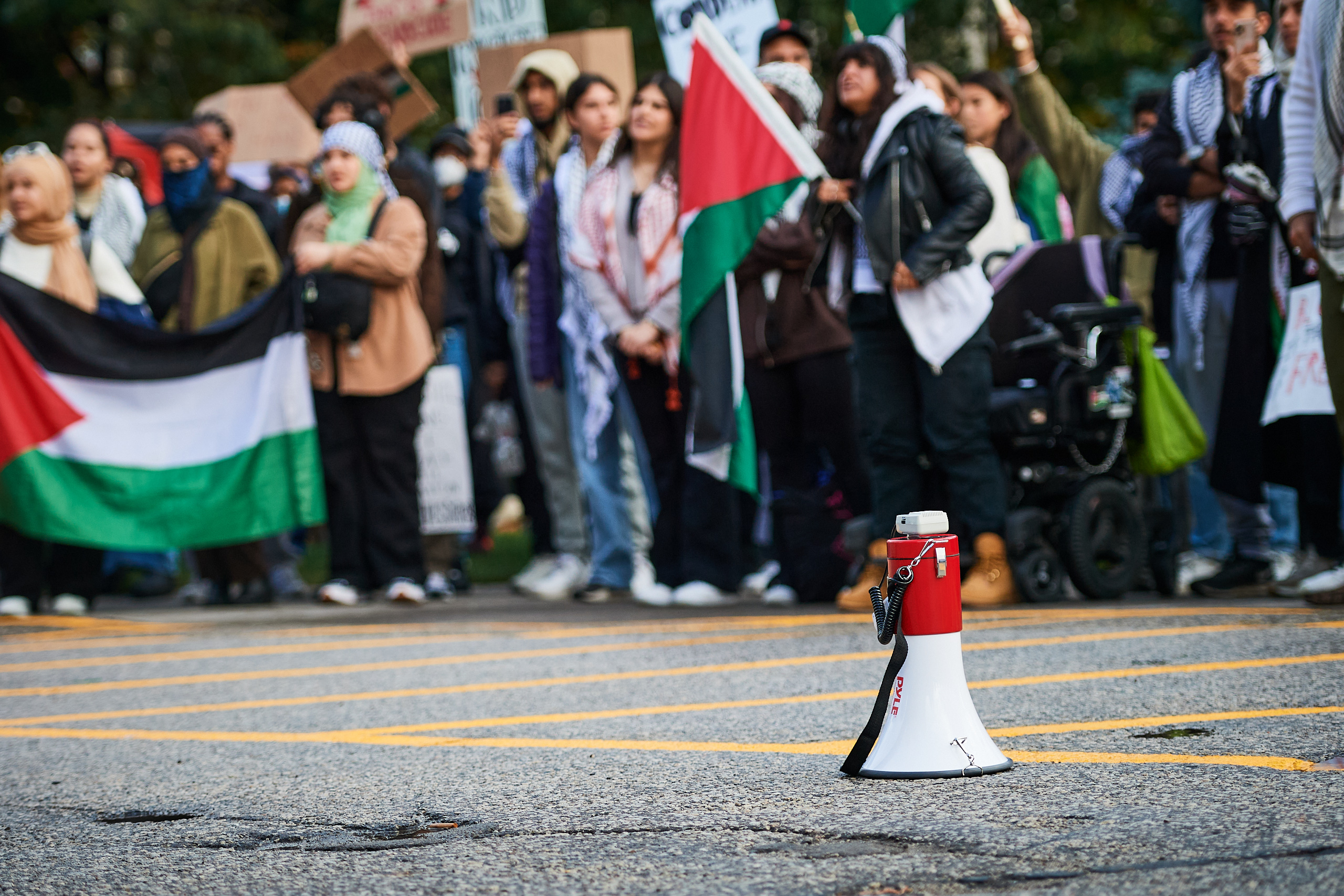
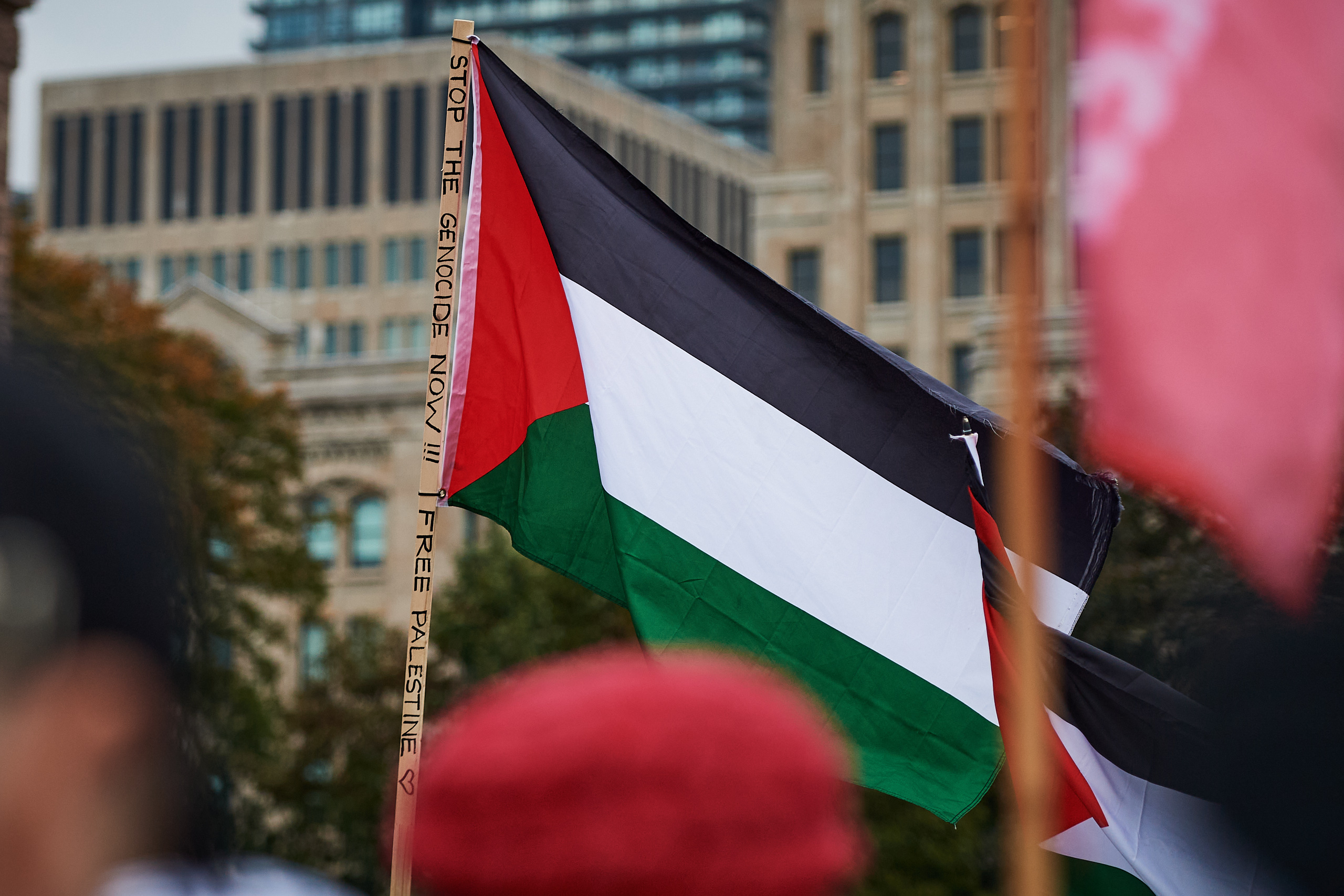
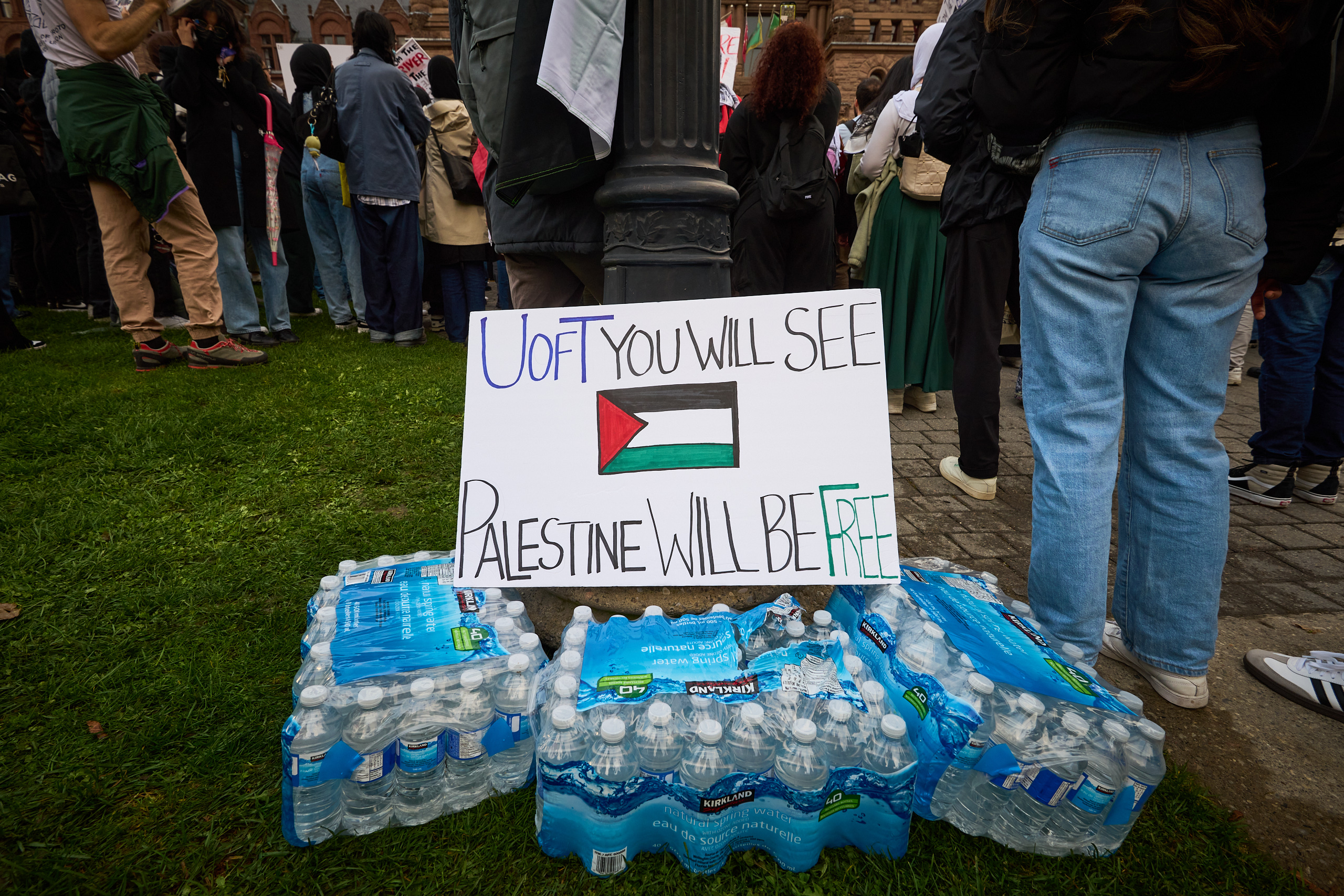
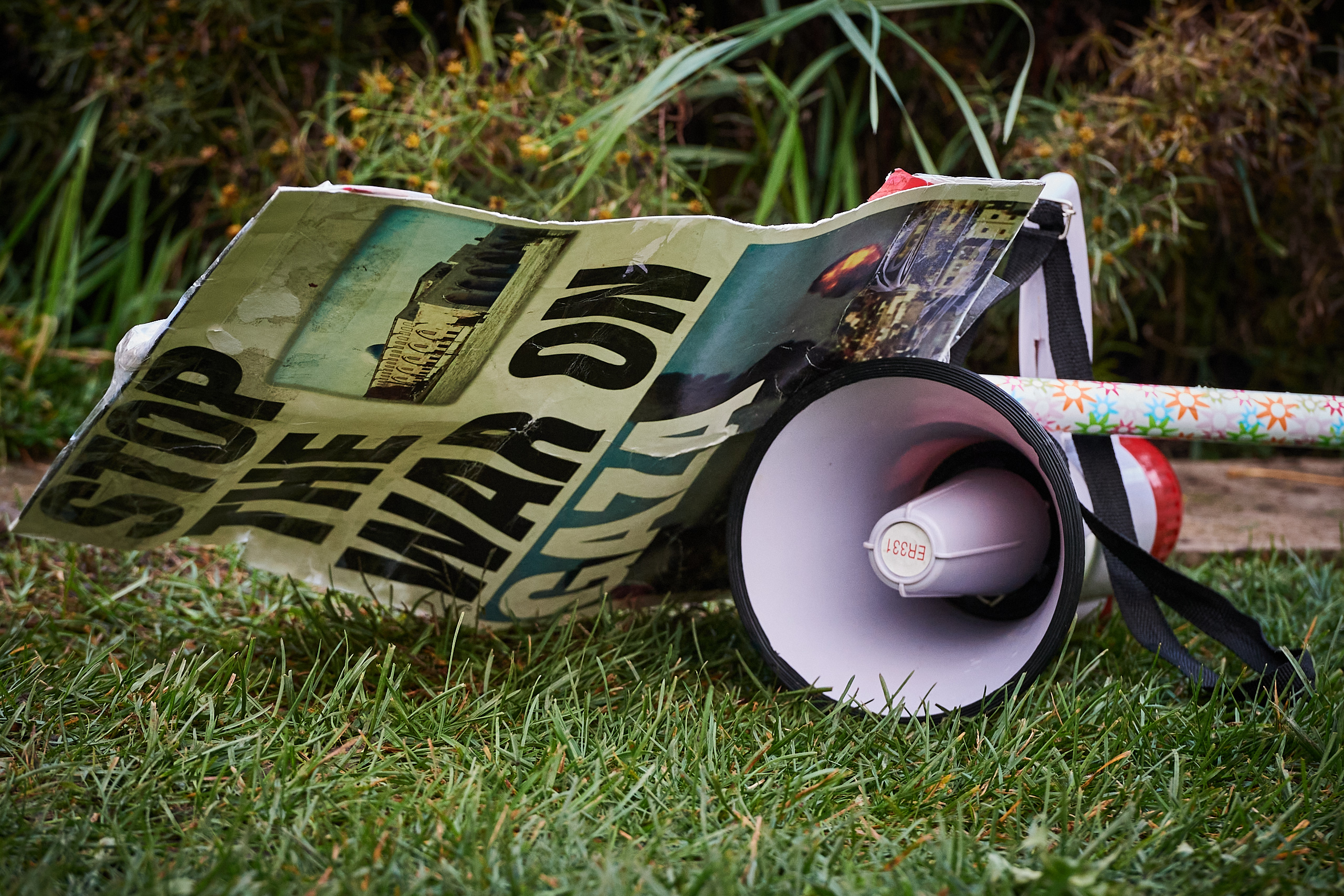









Leave a Reply